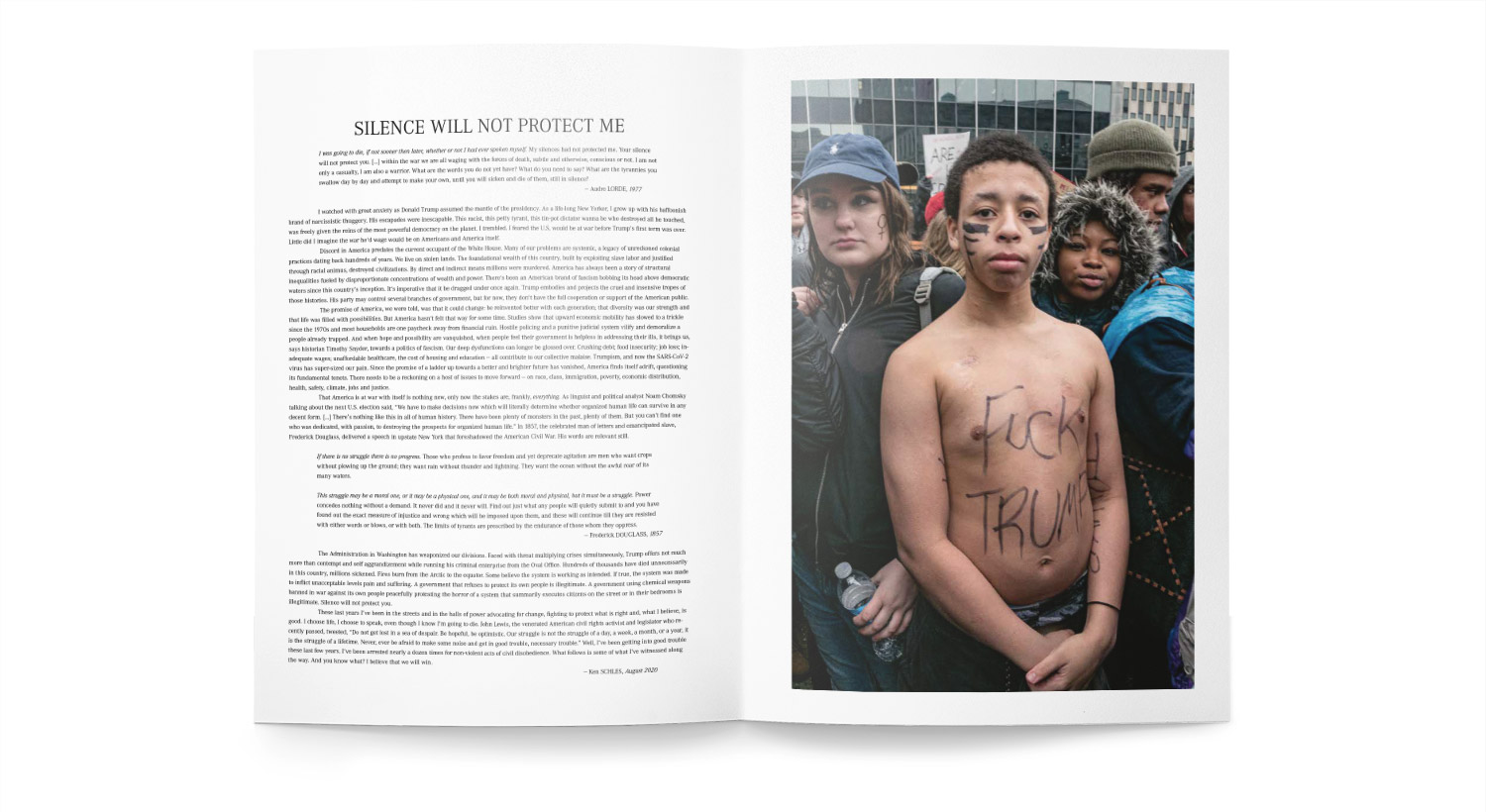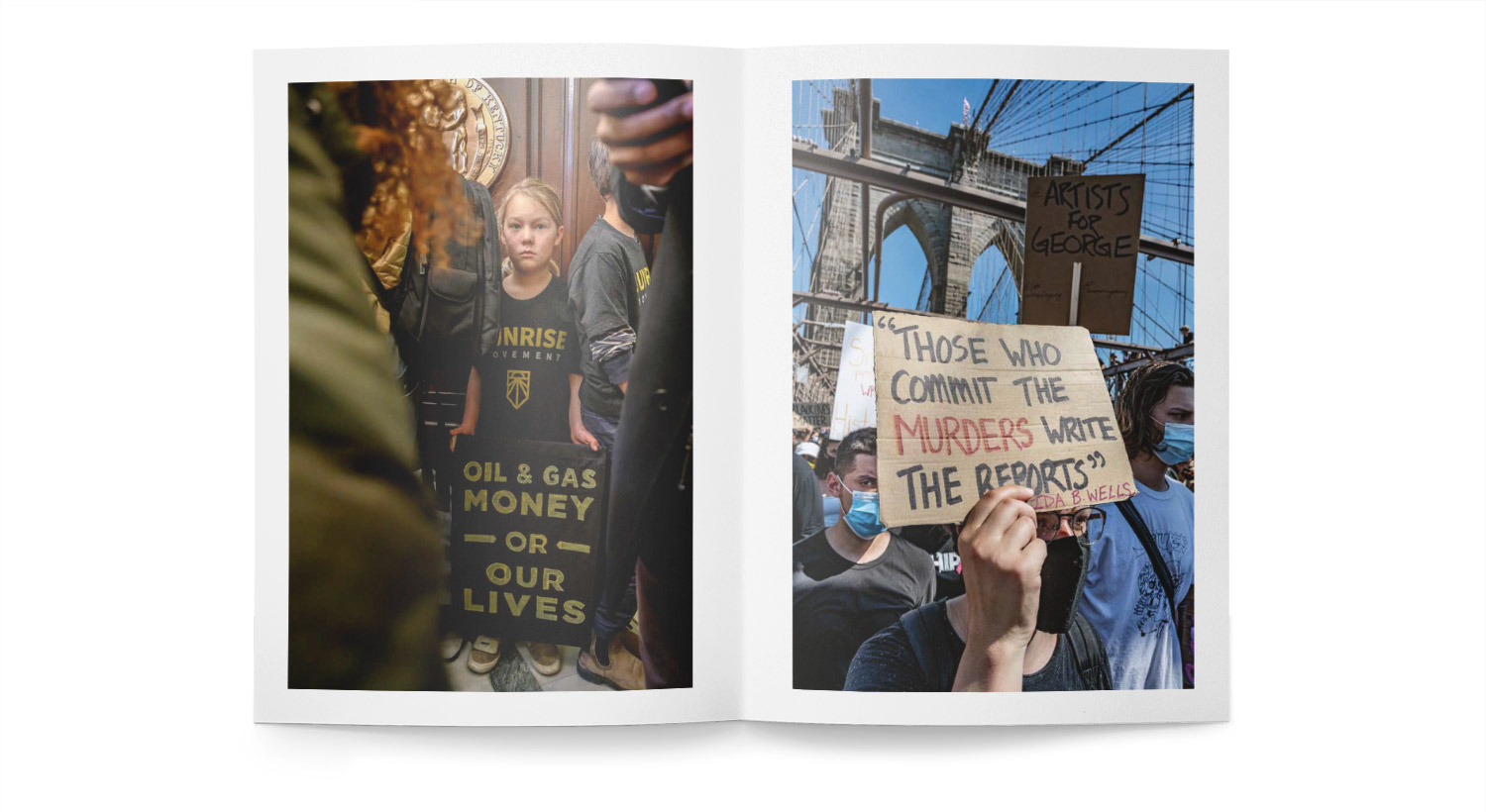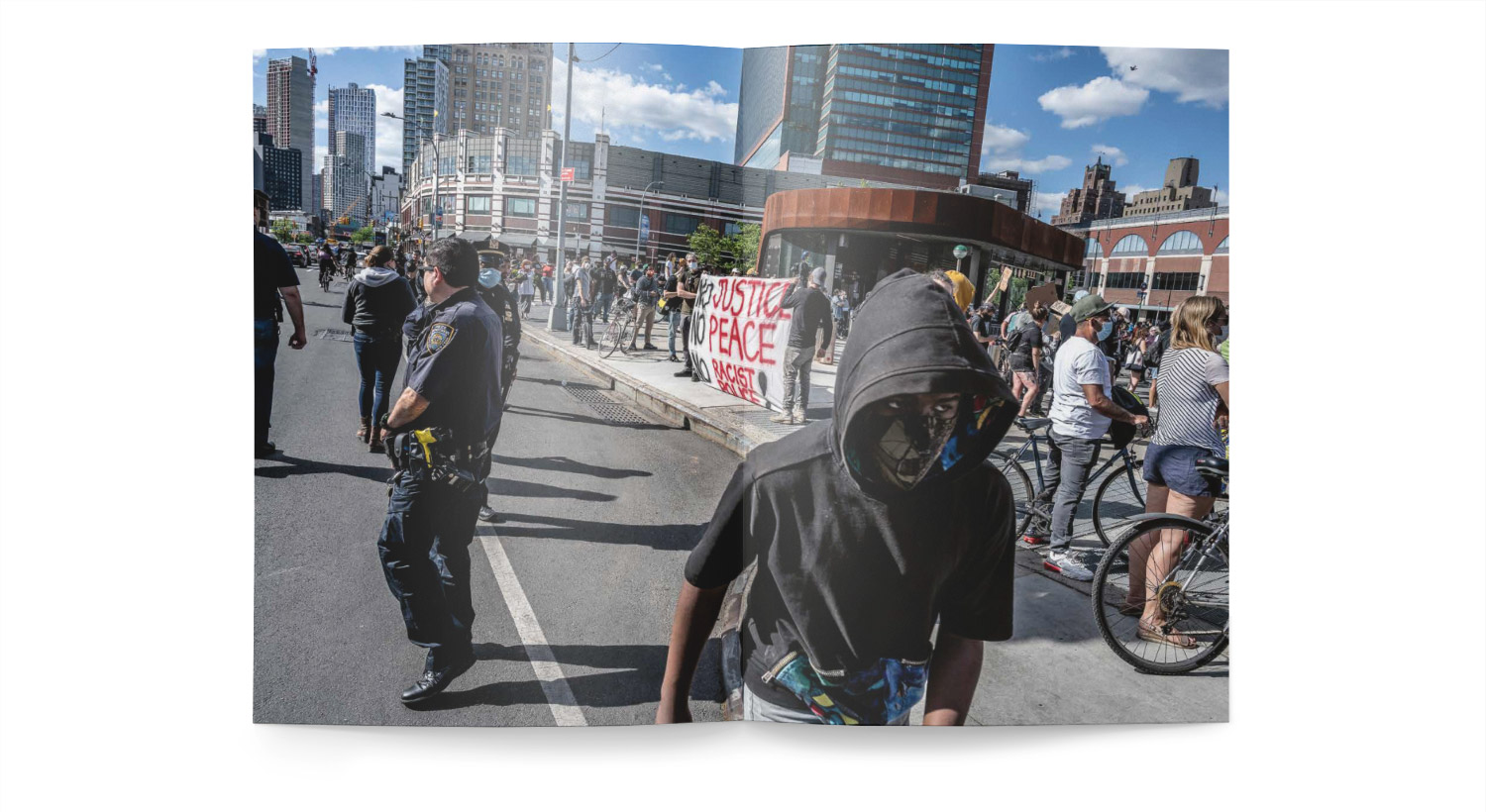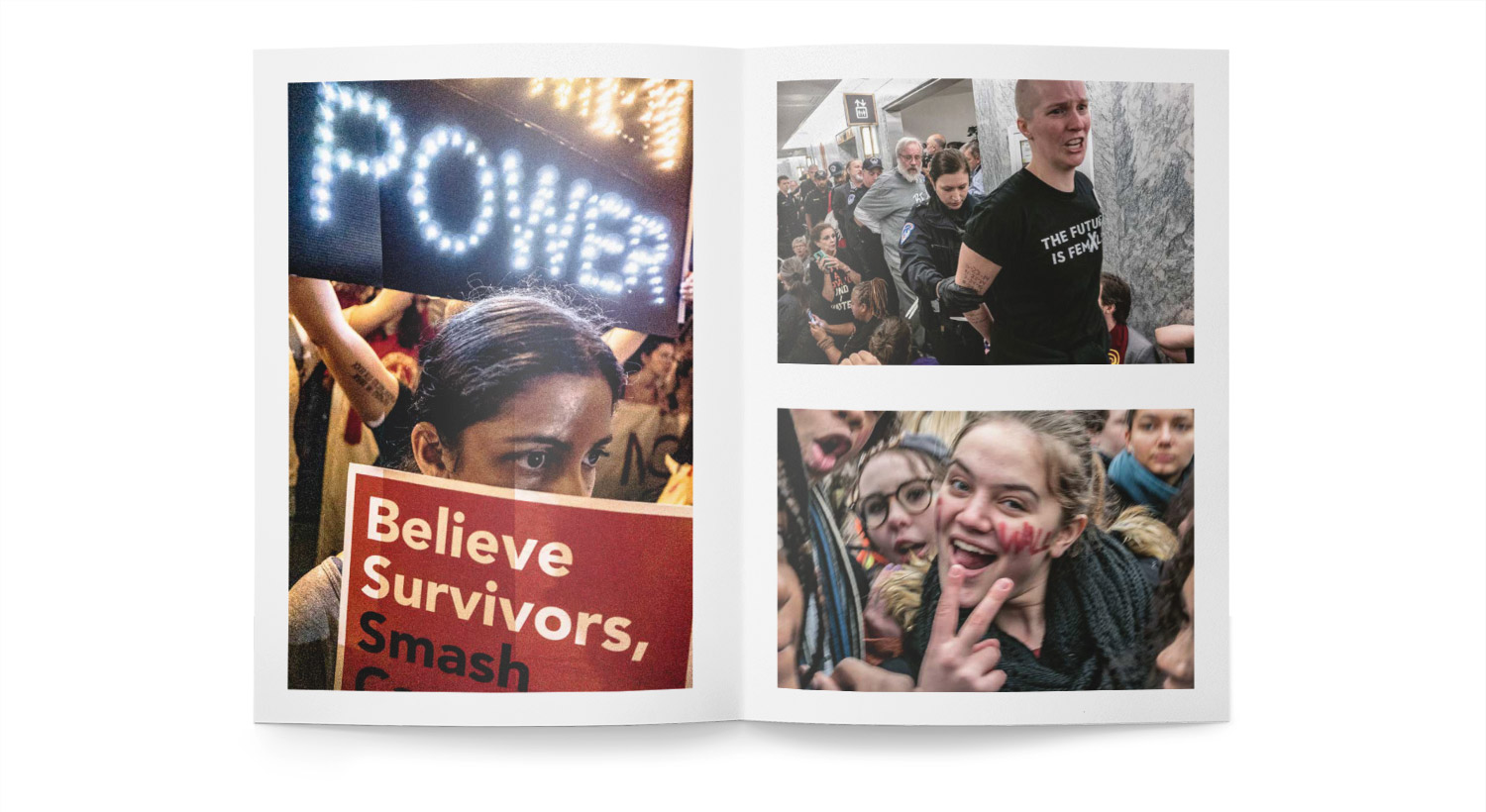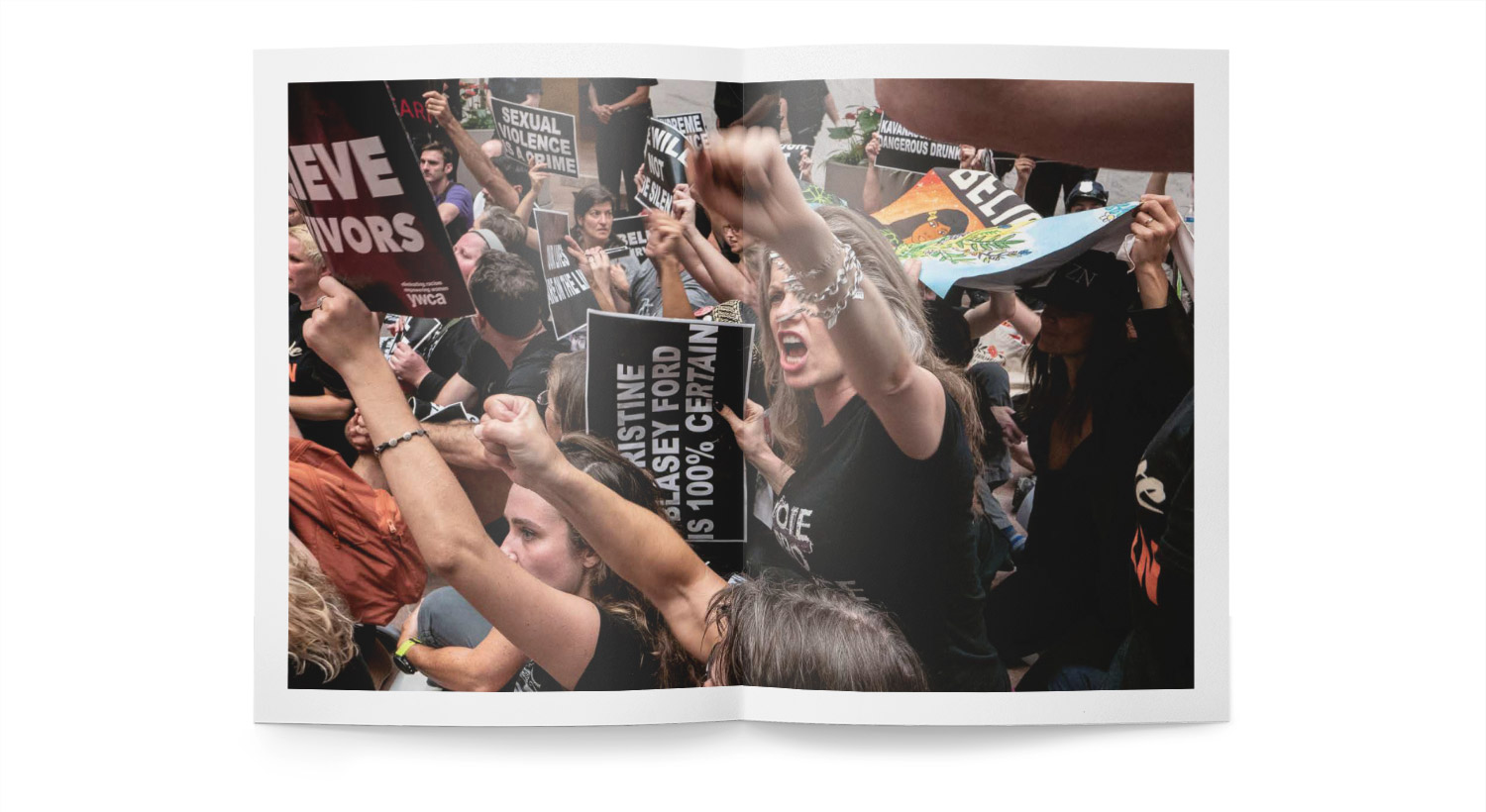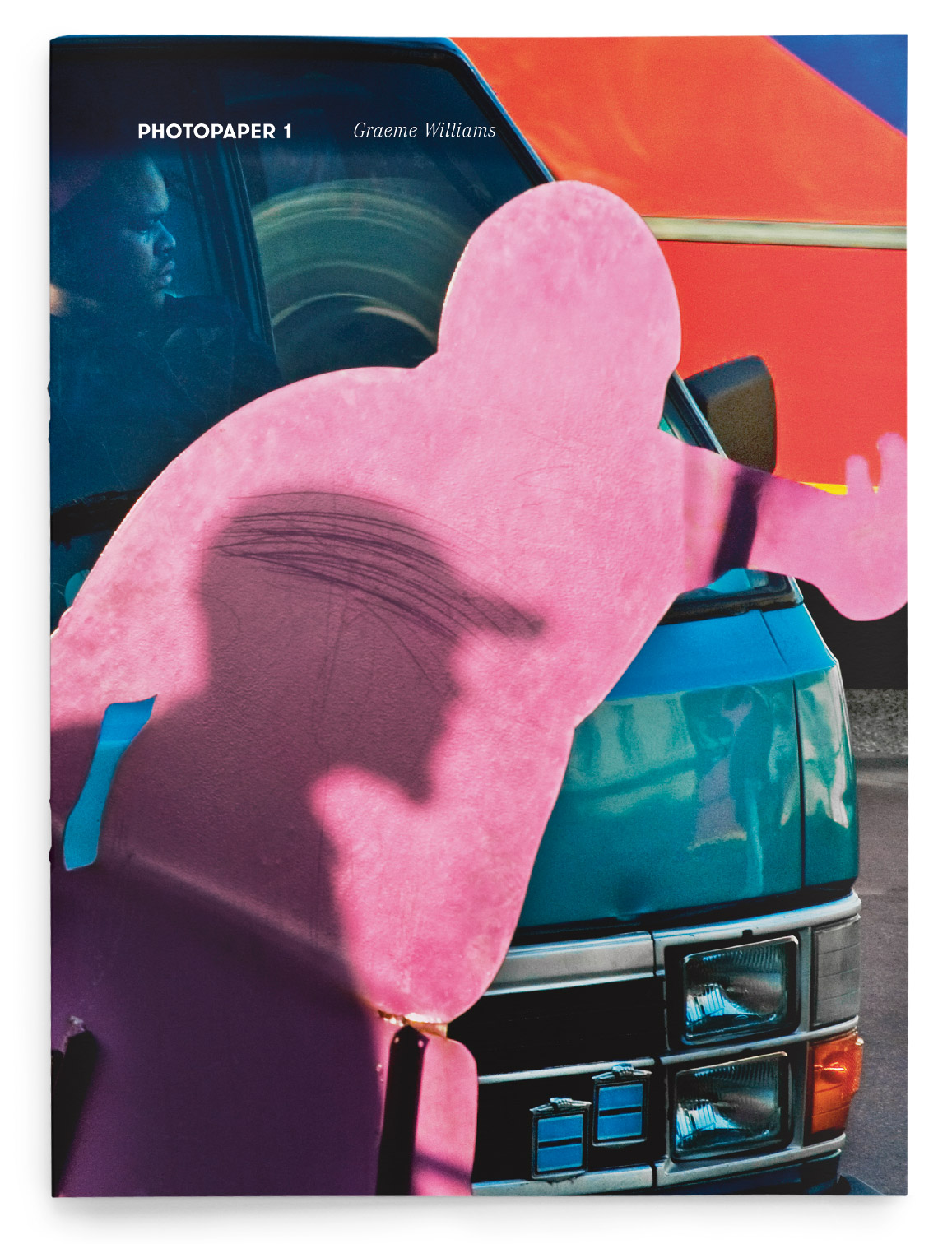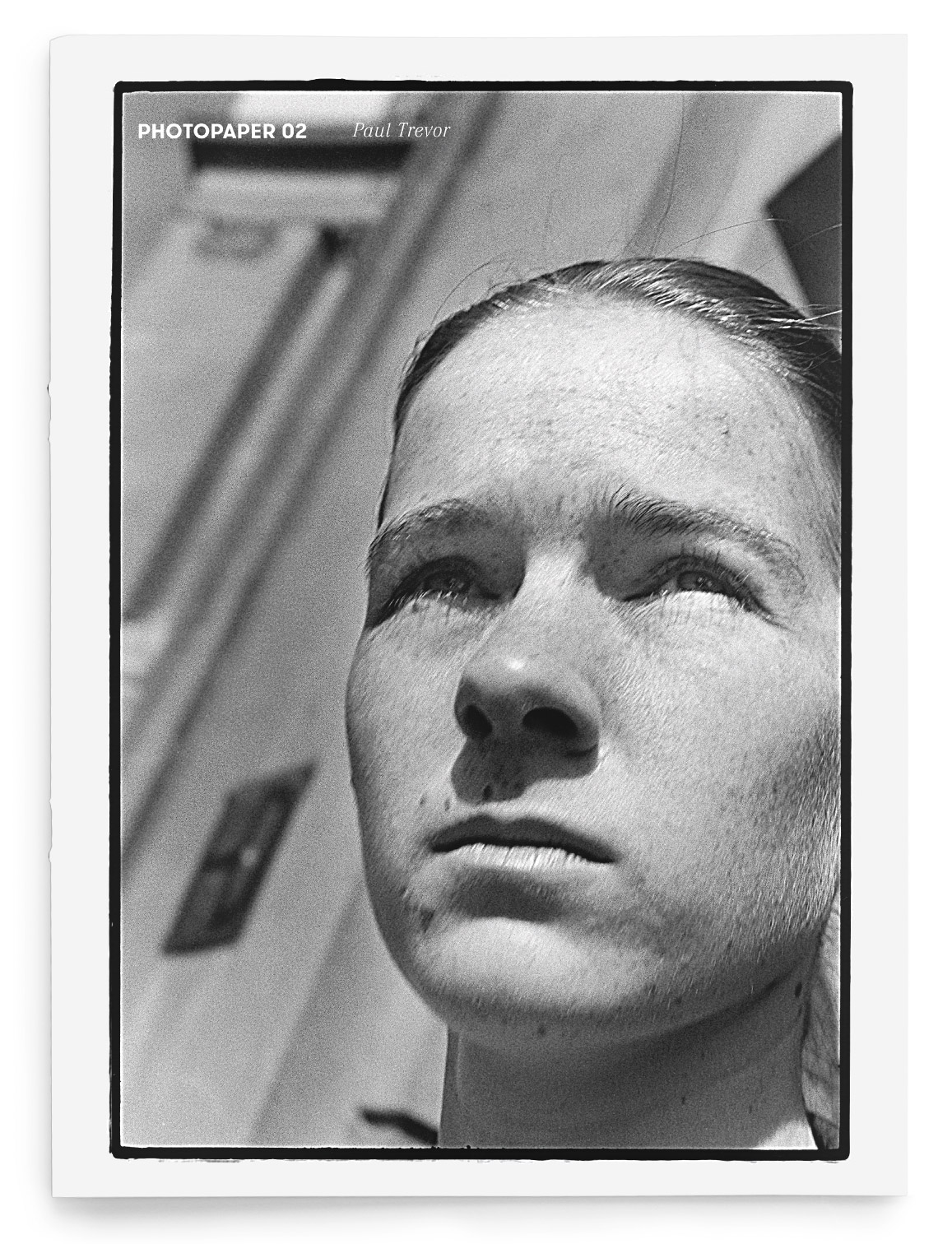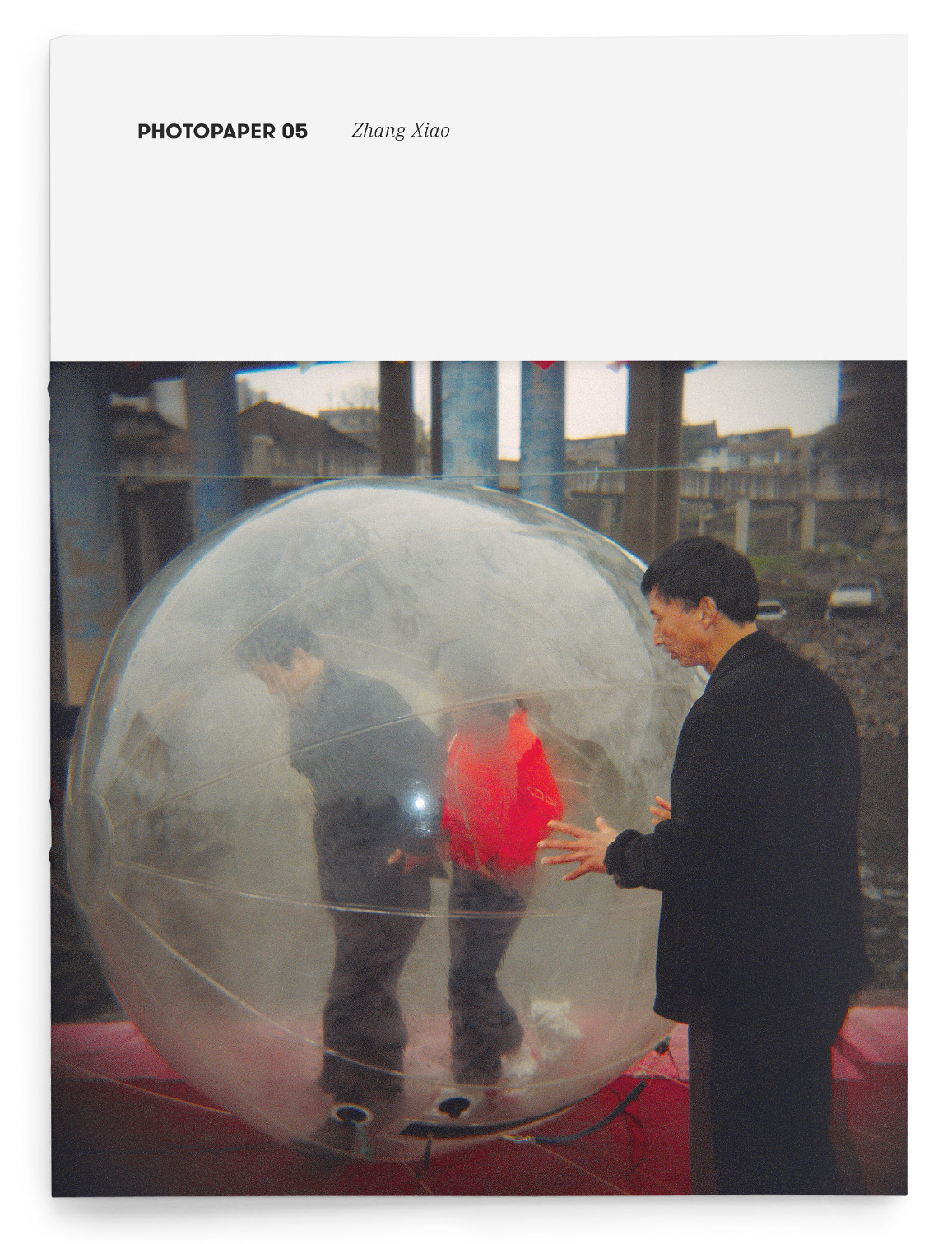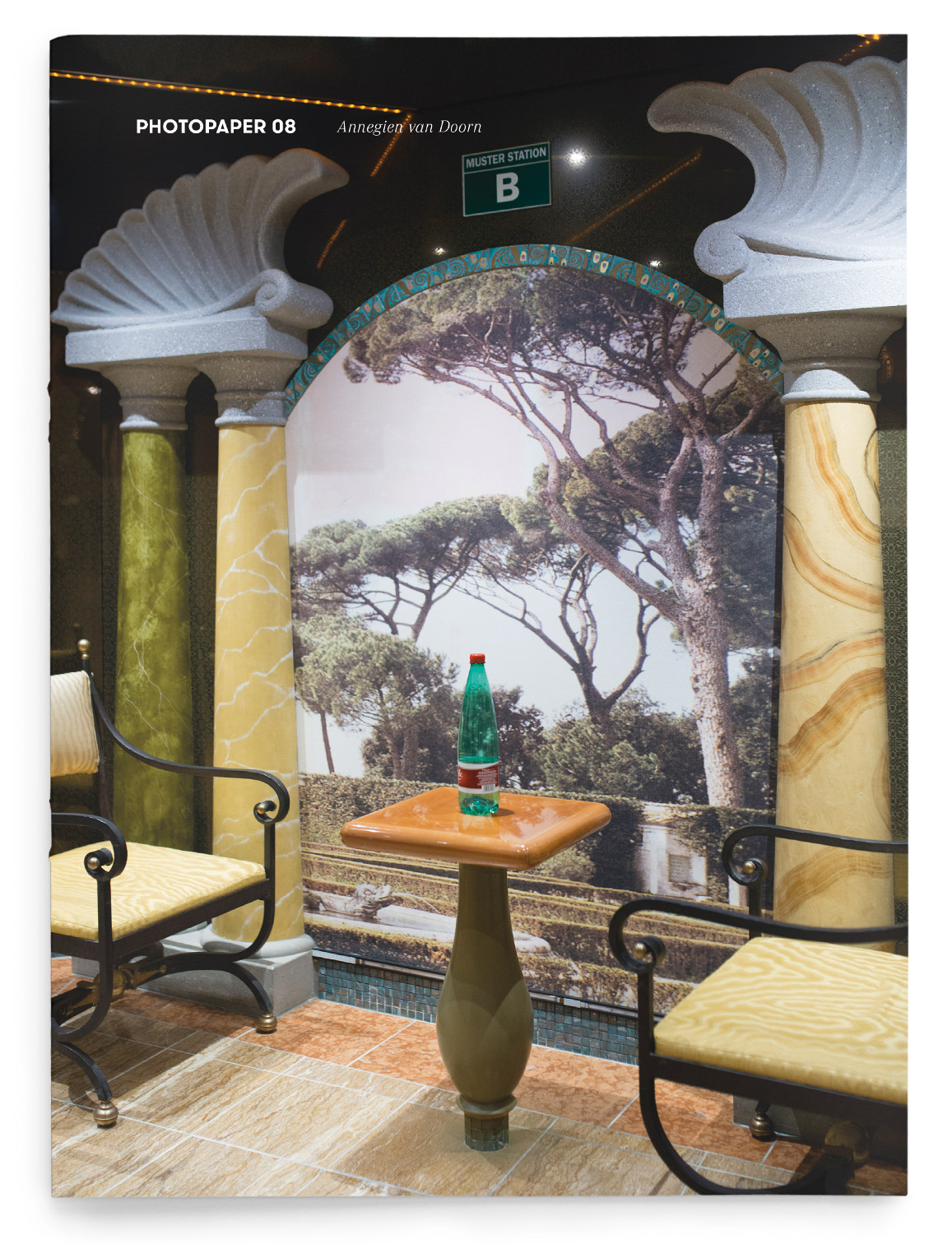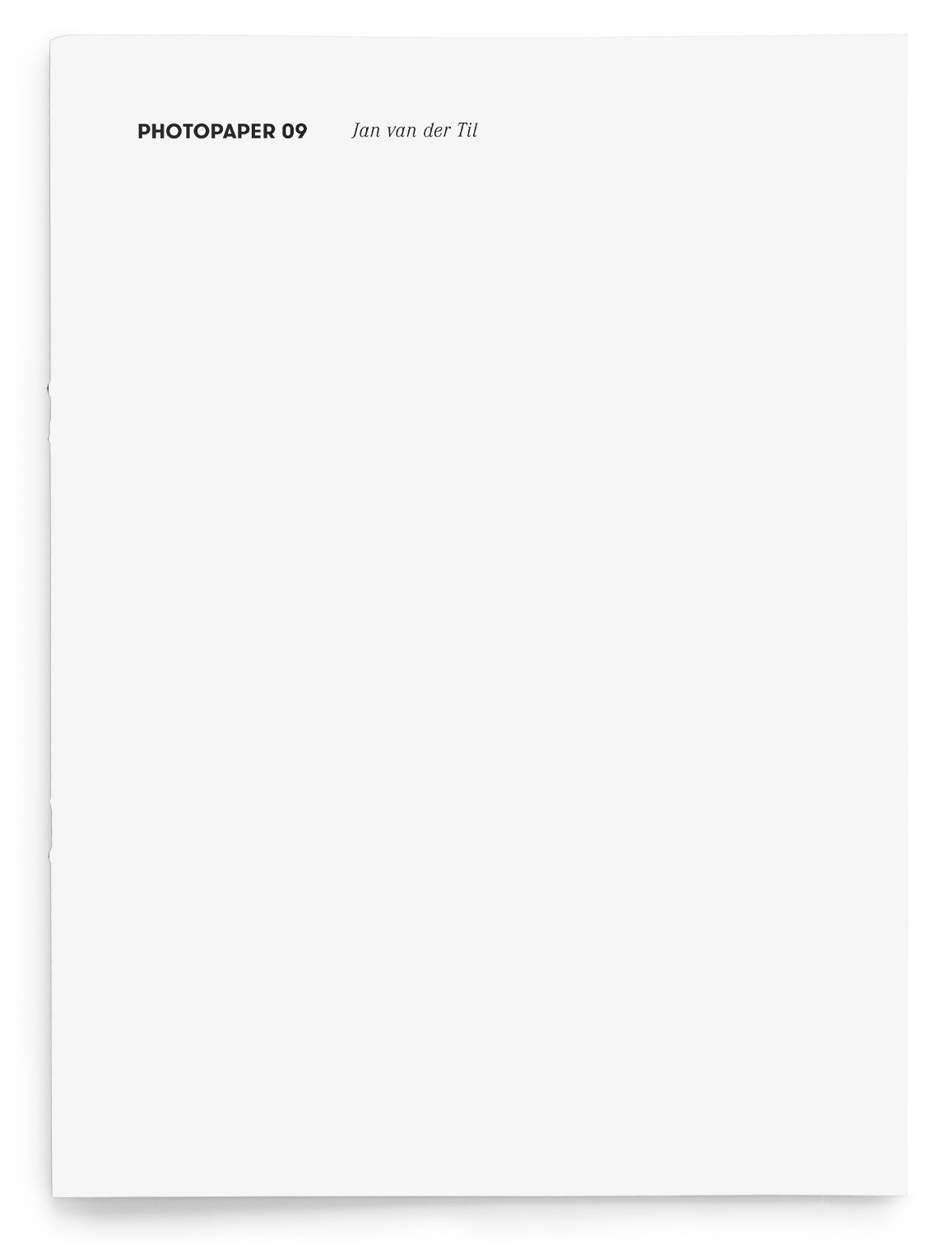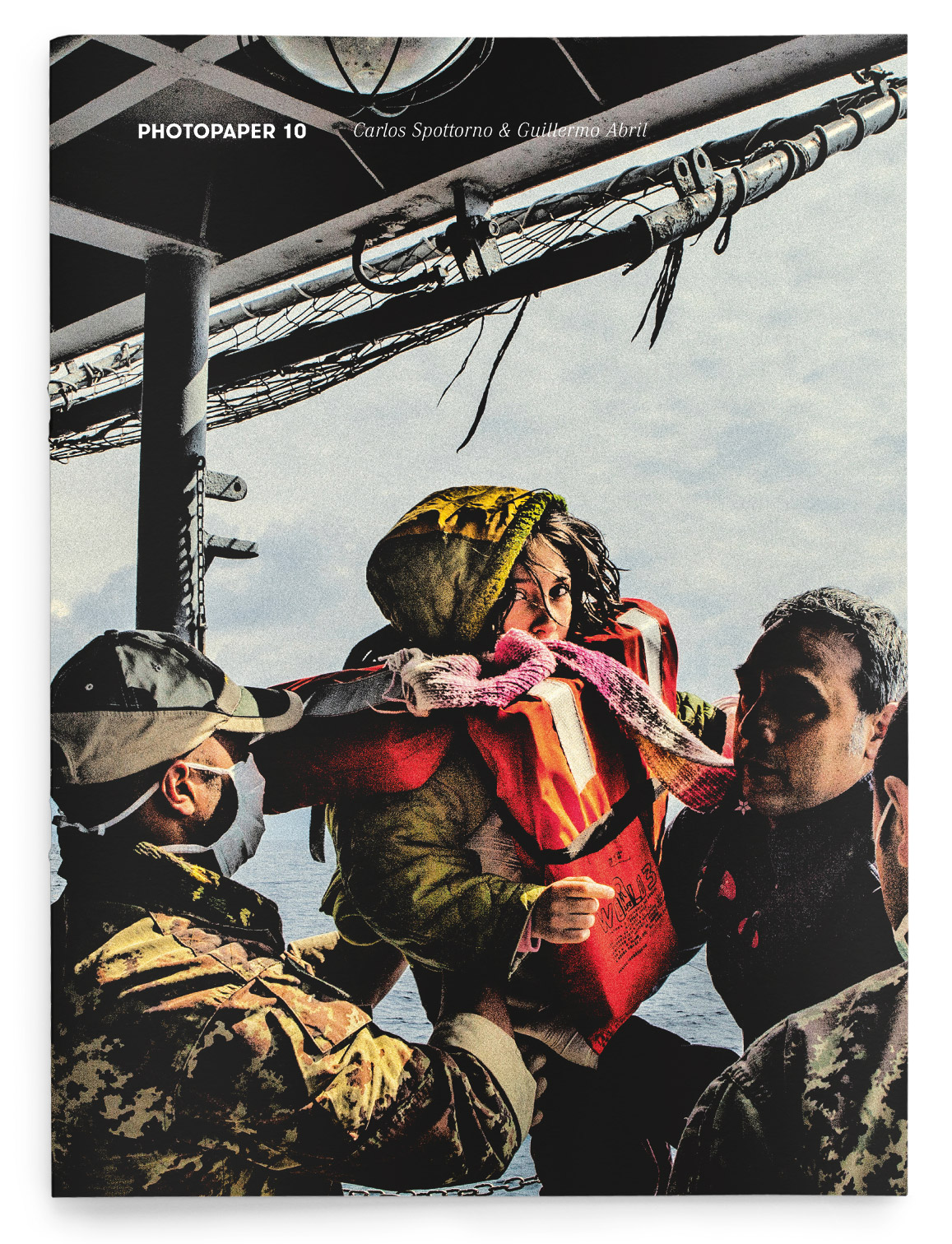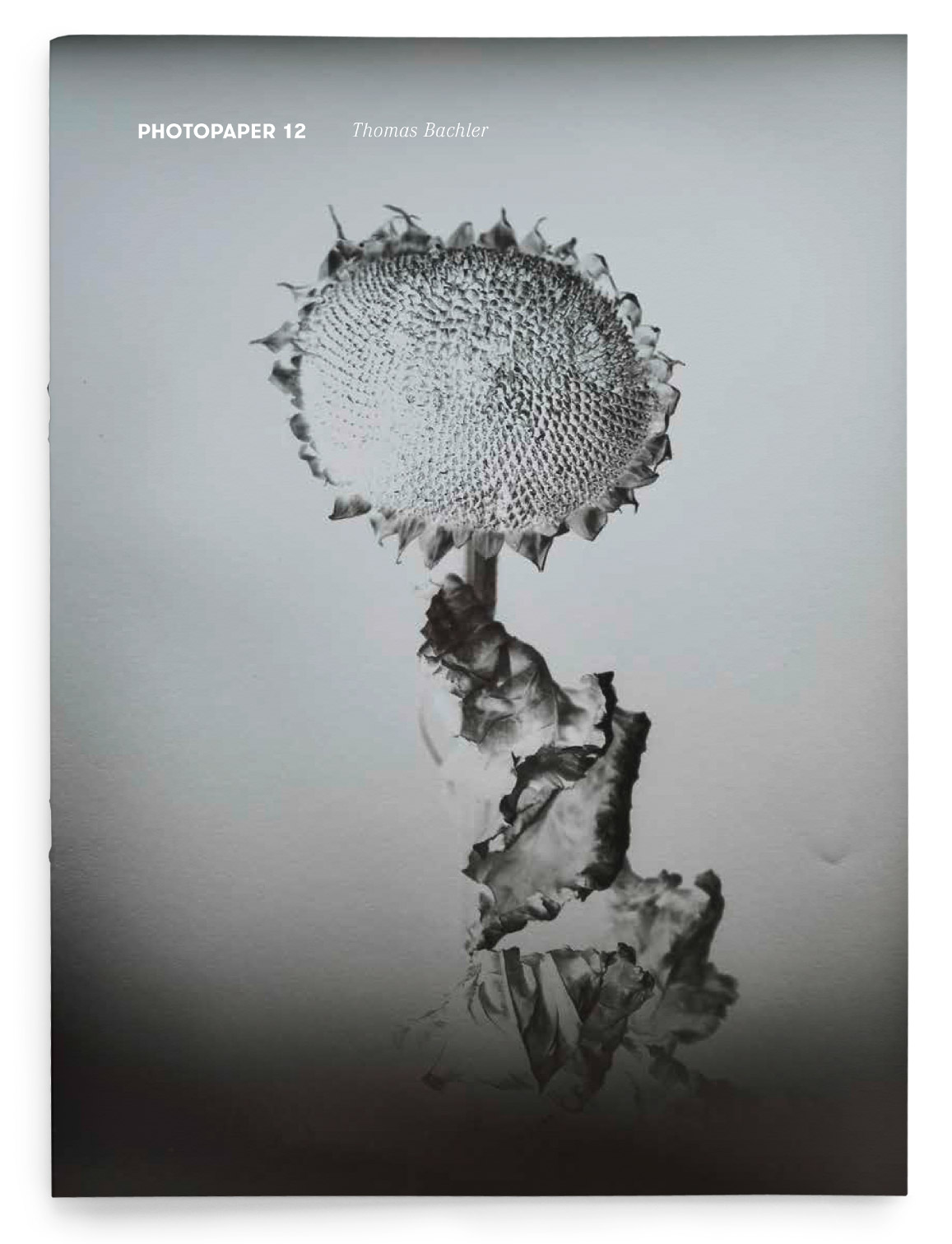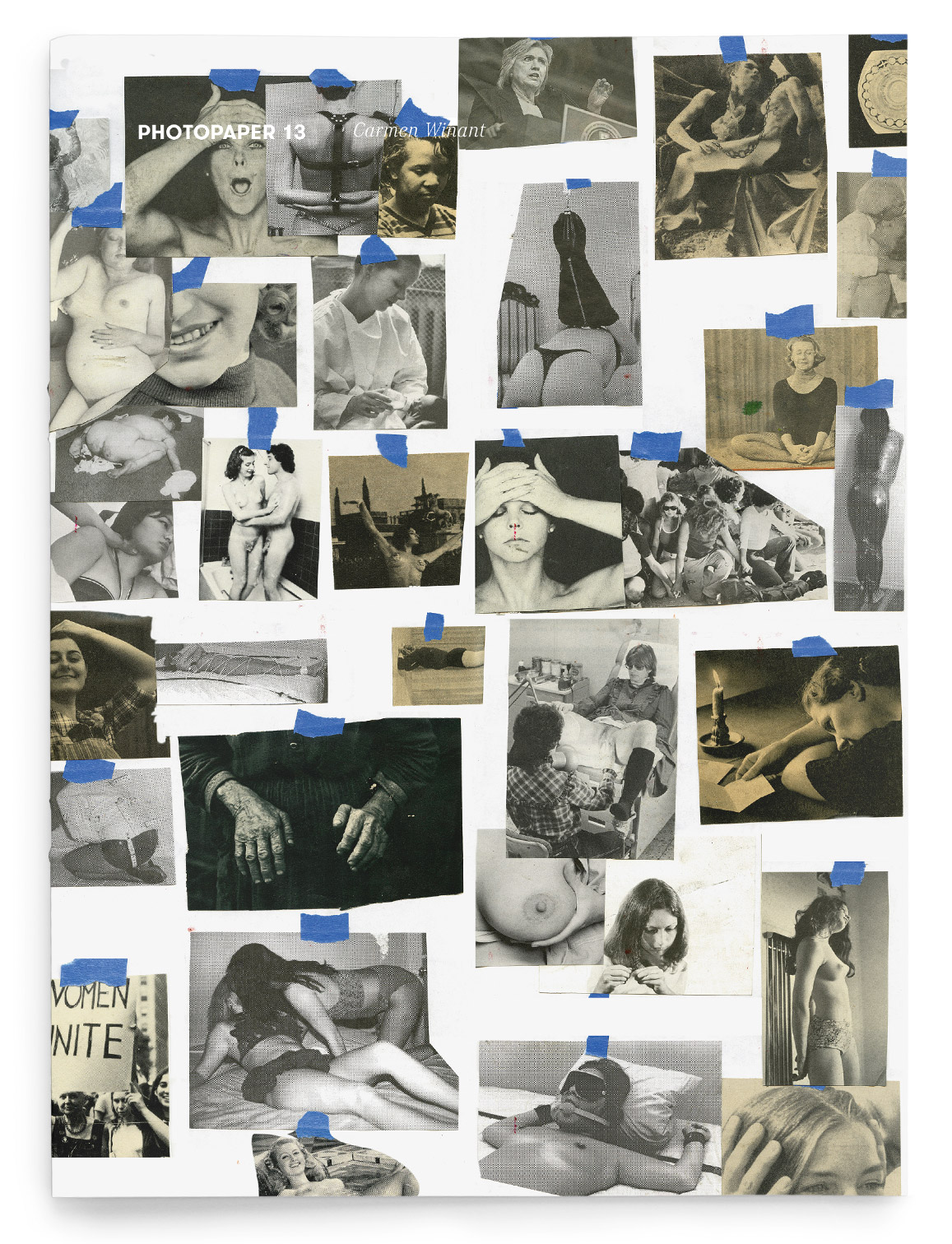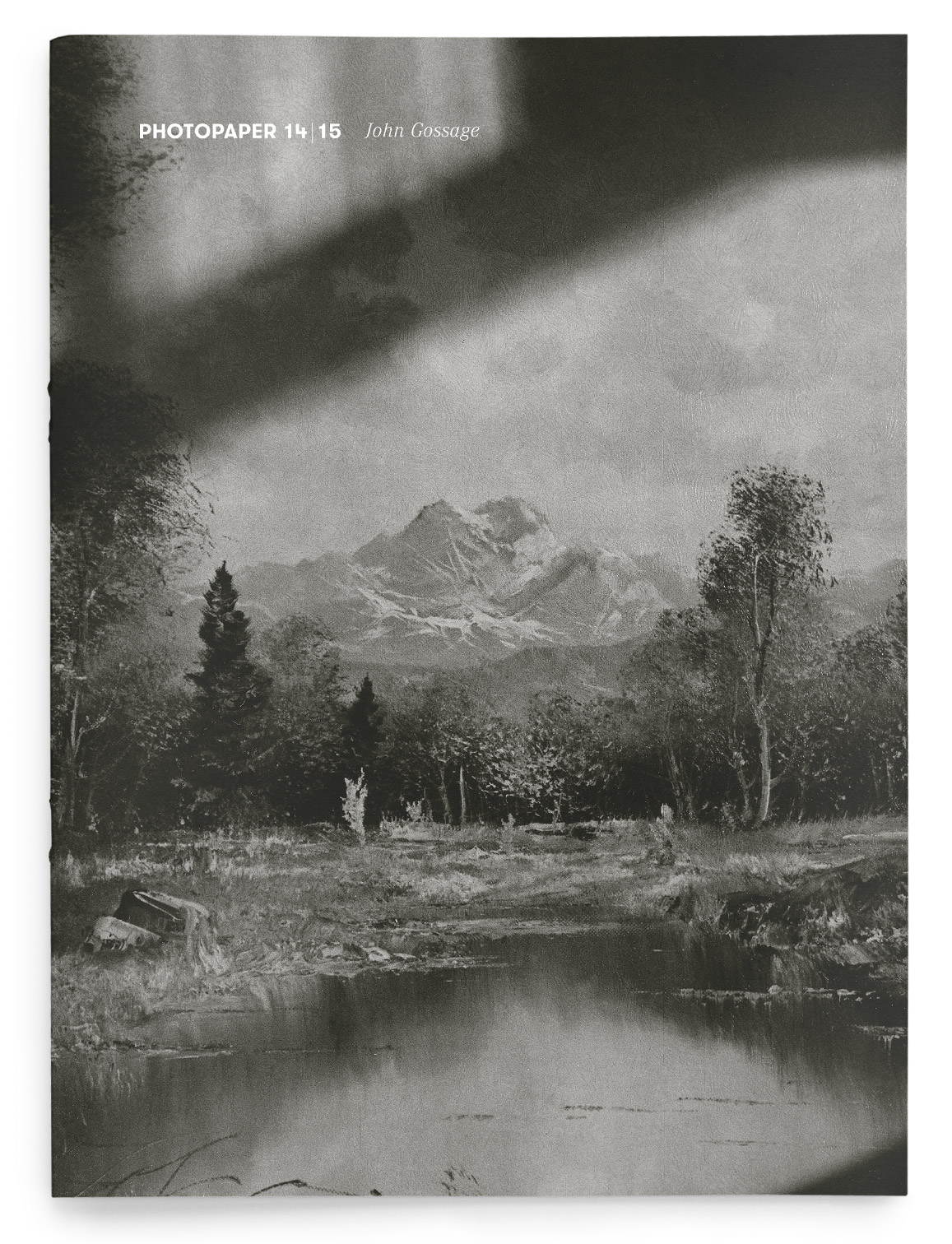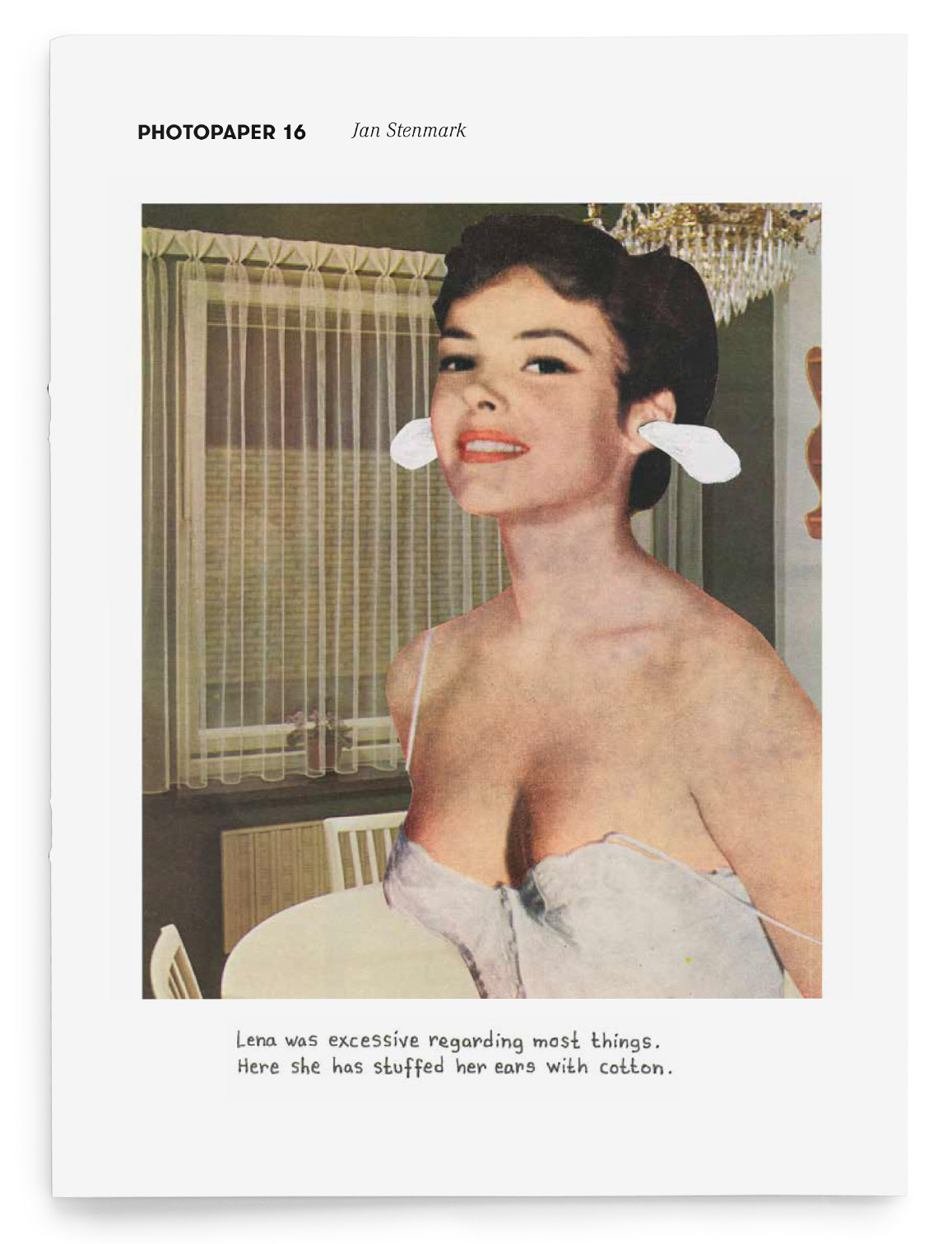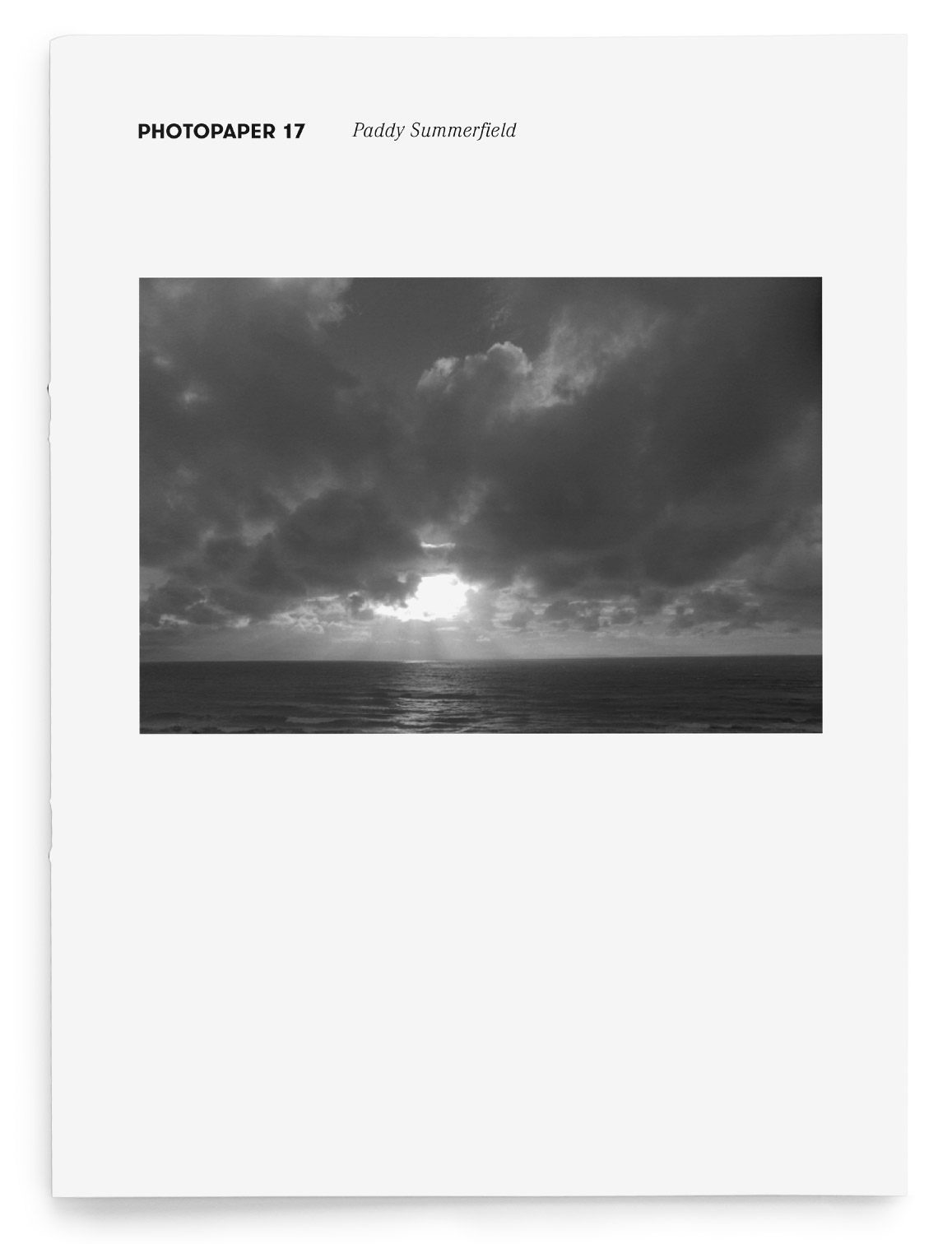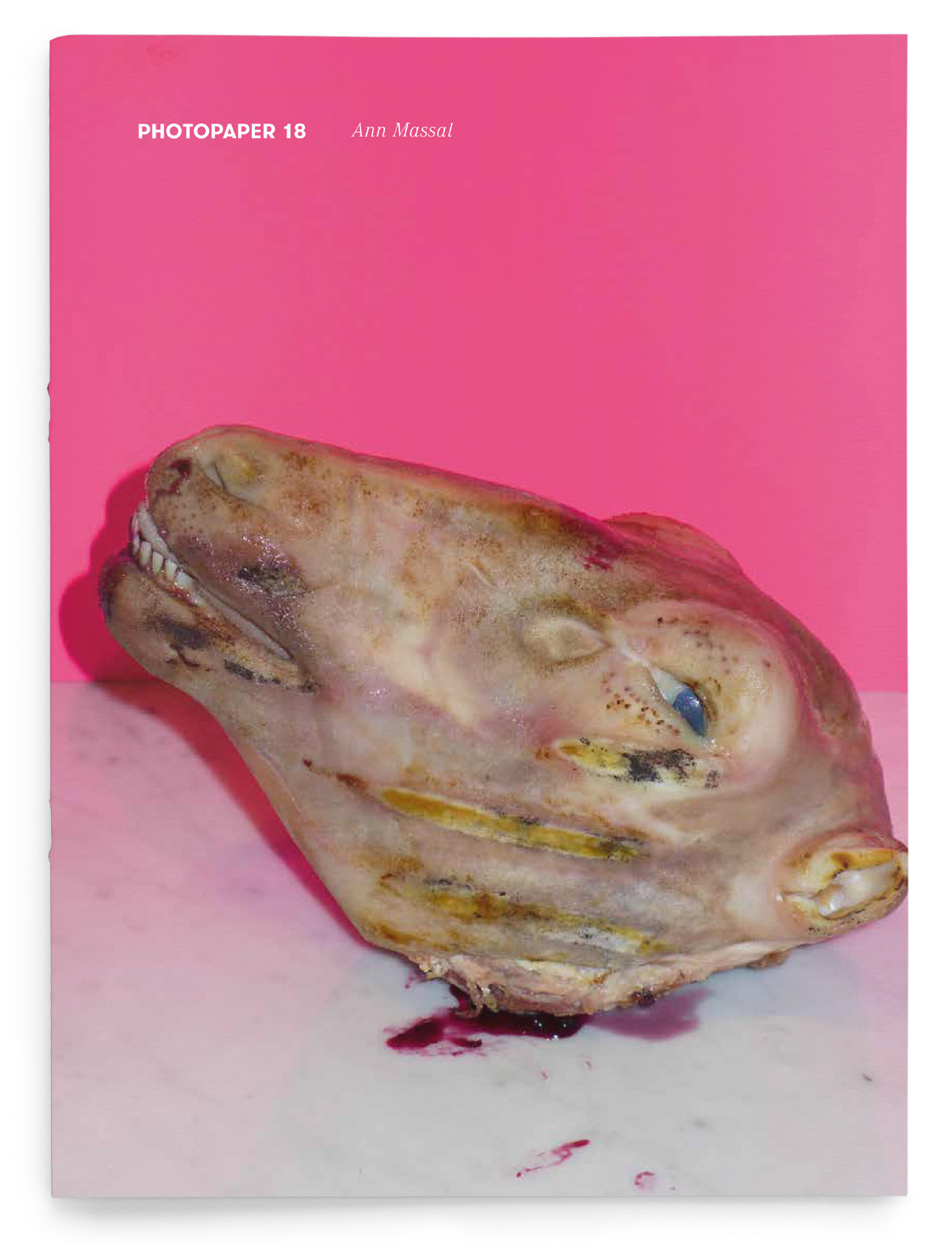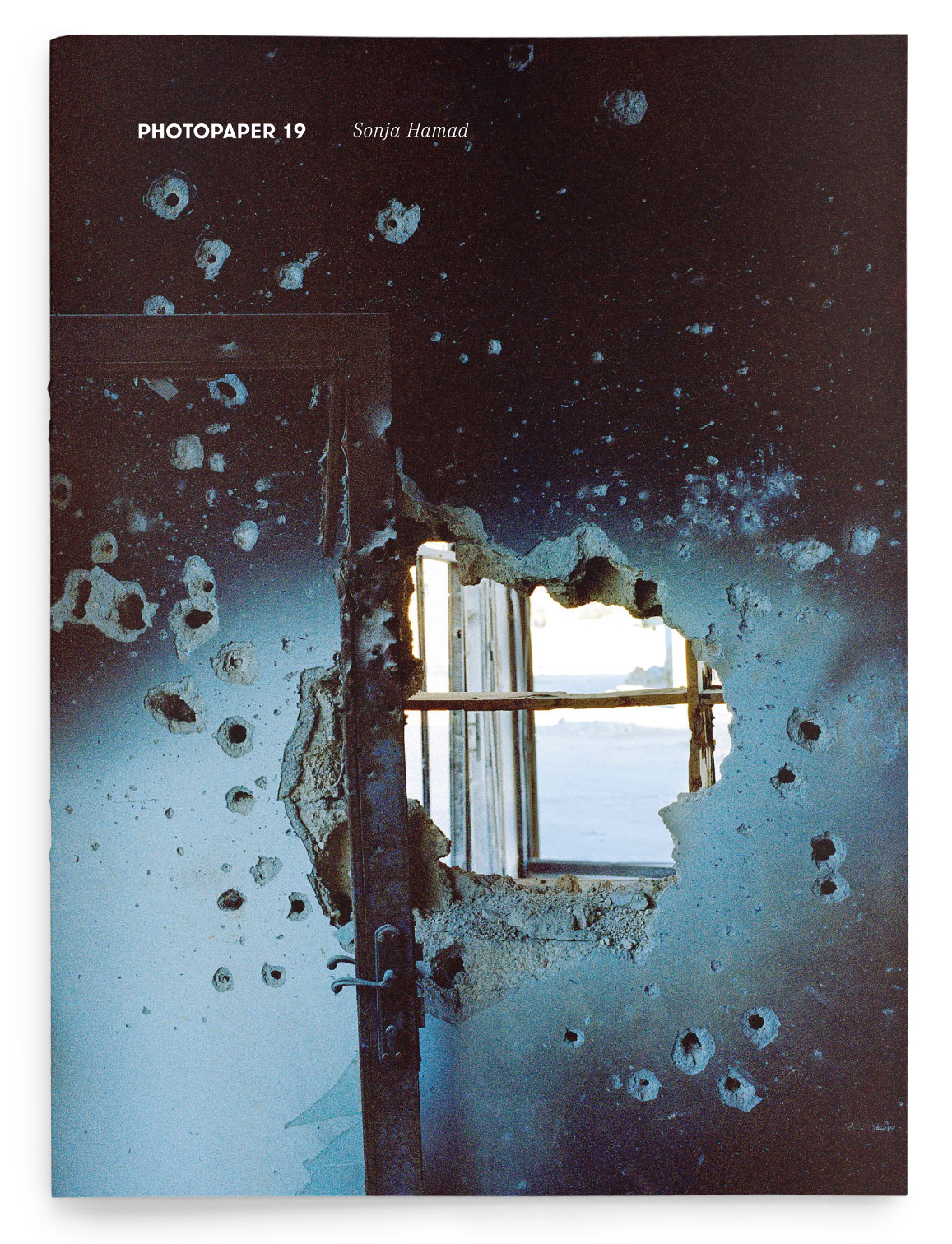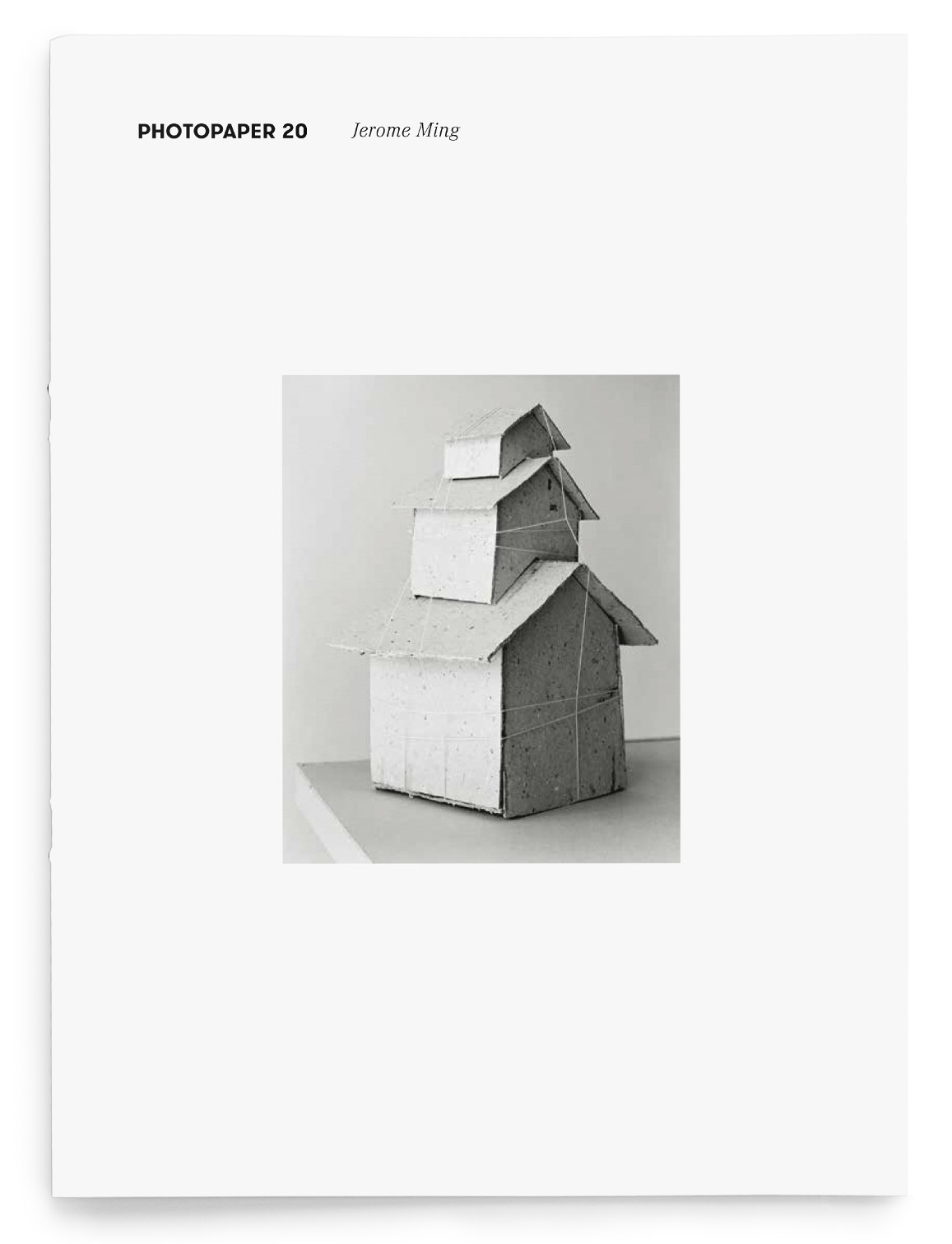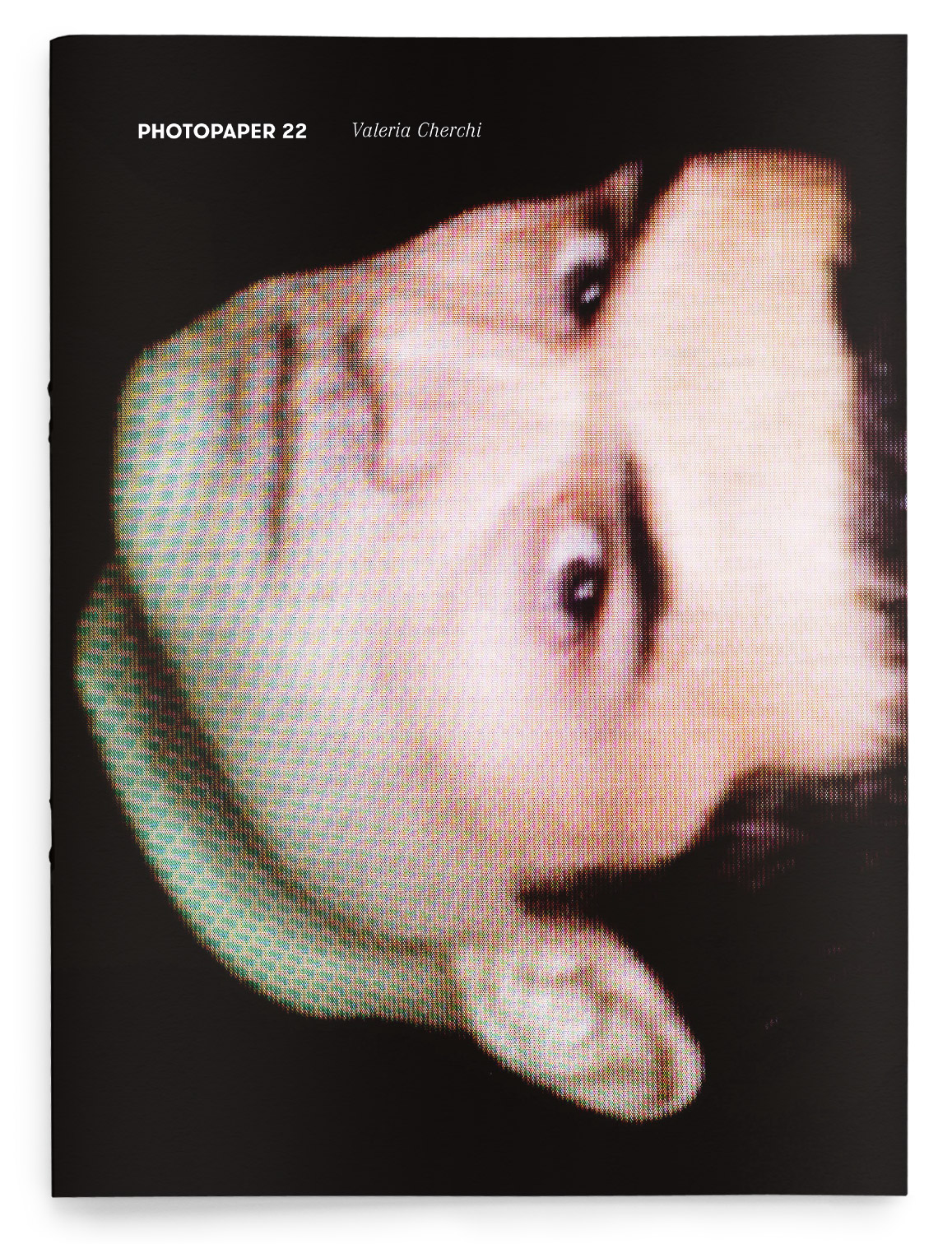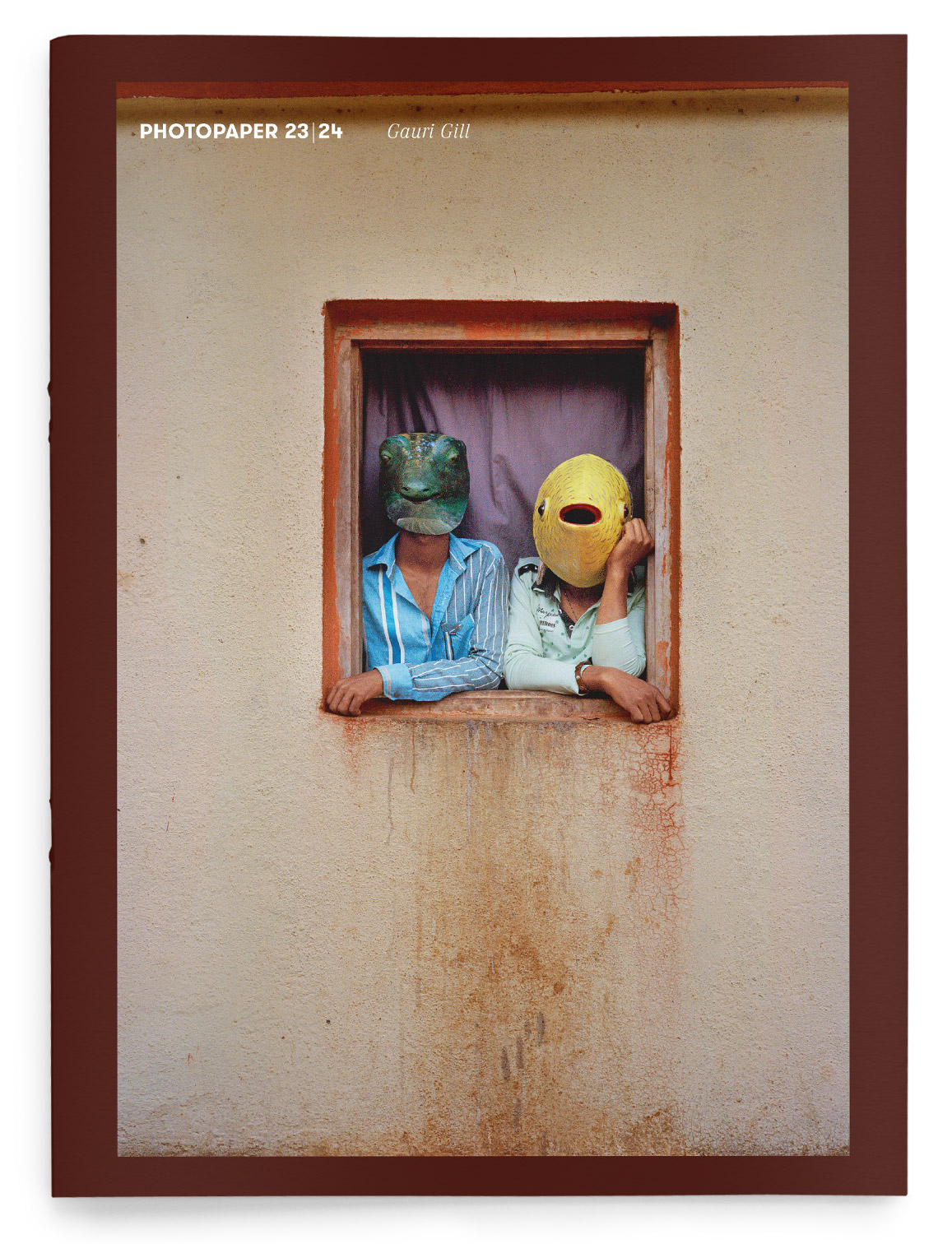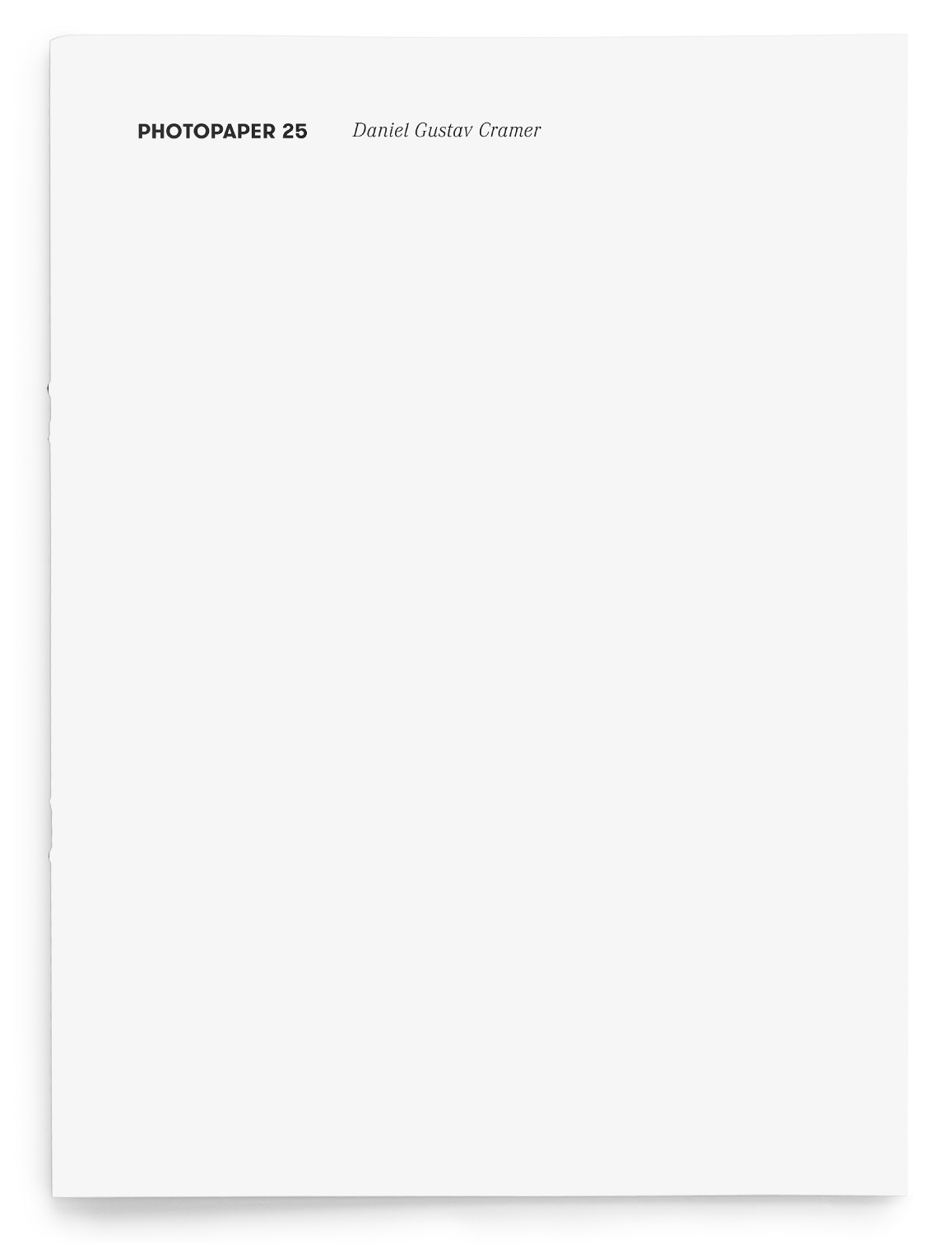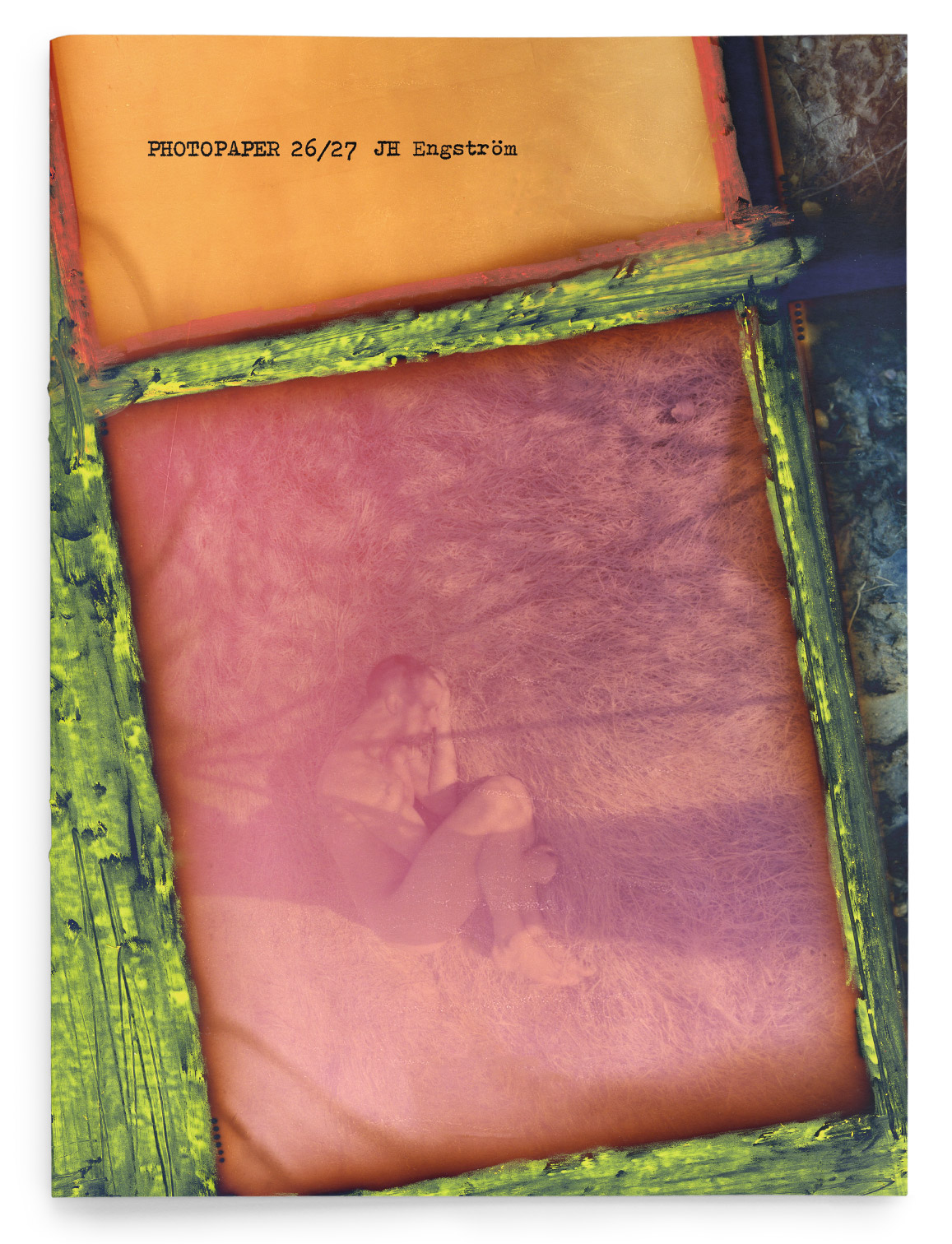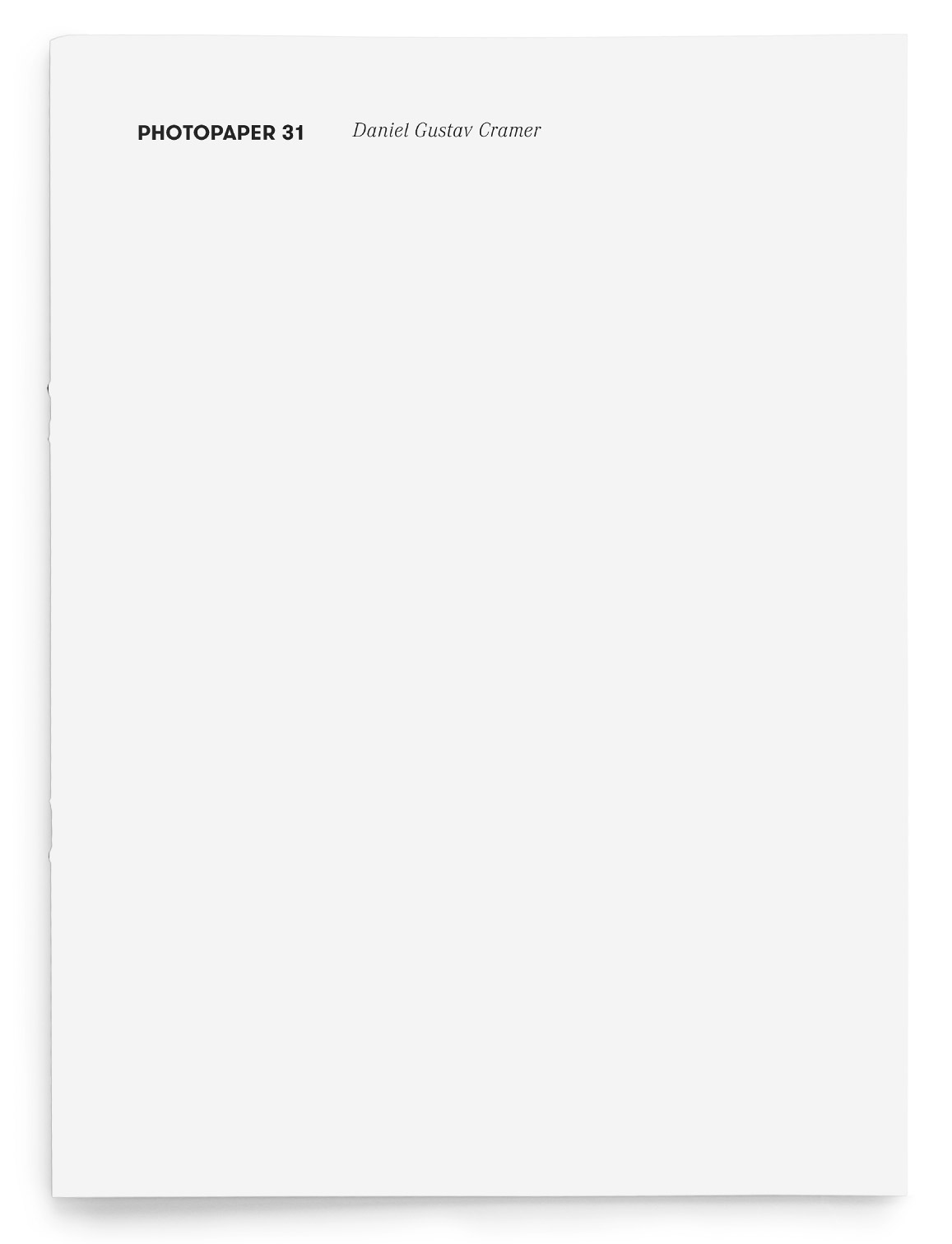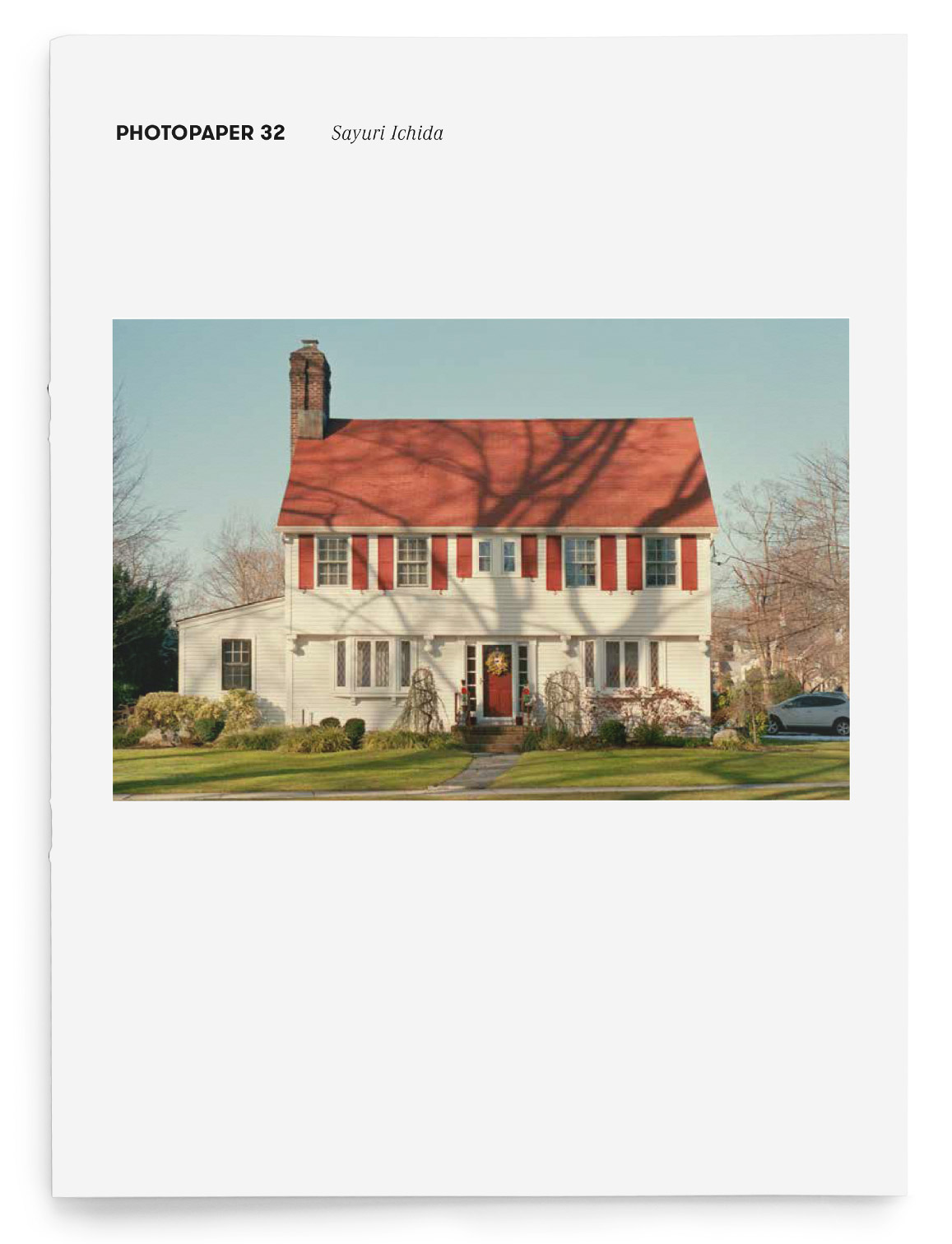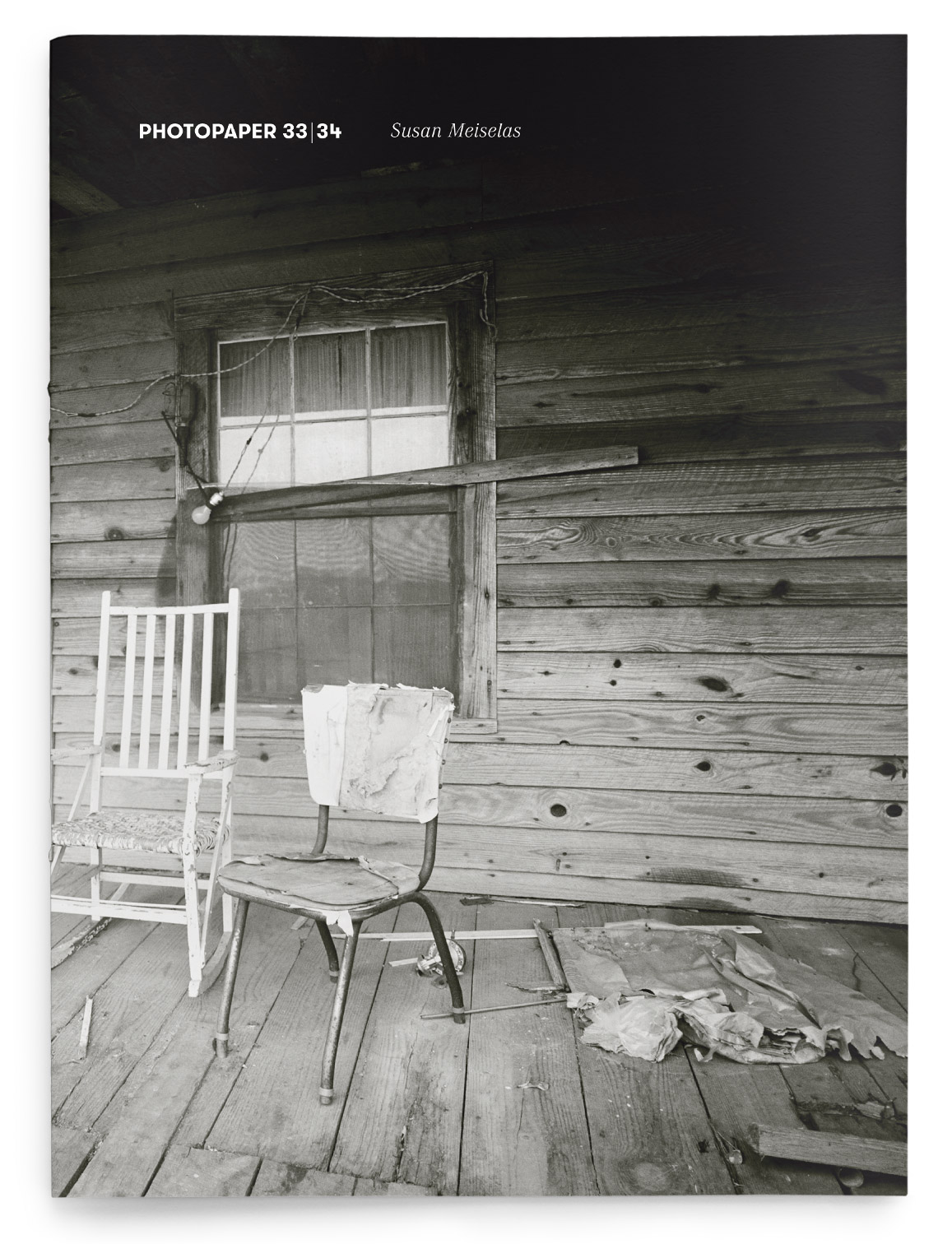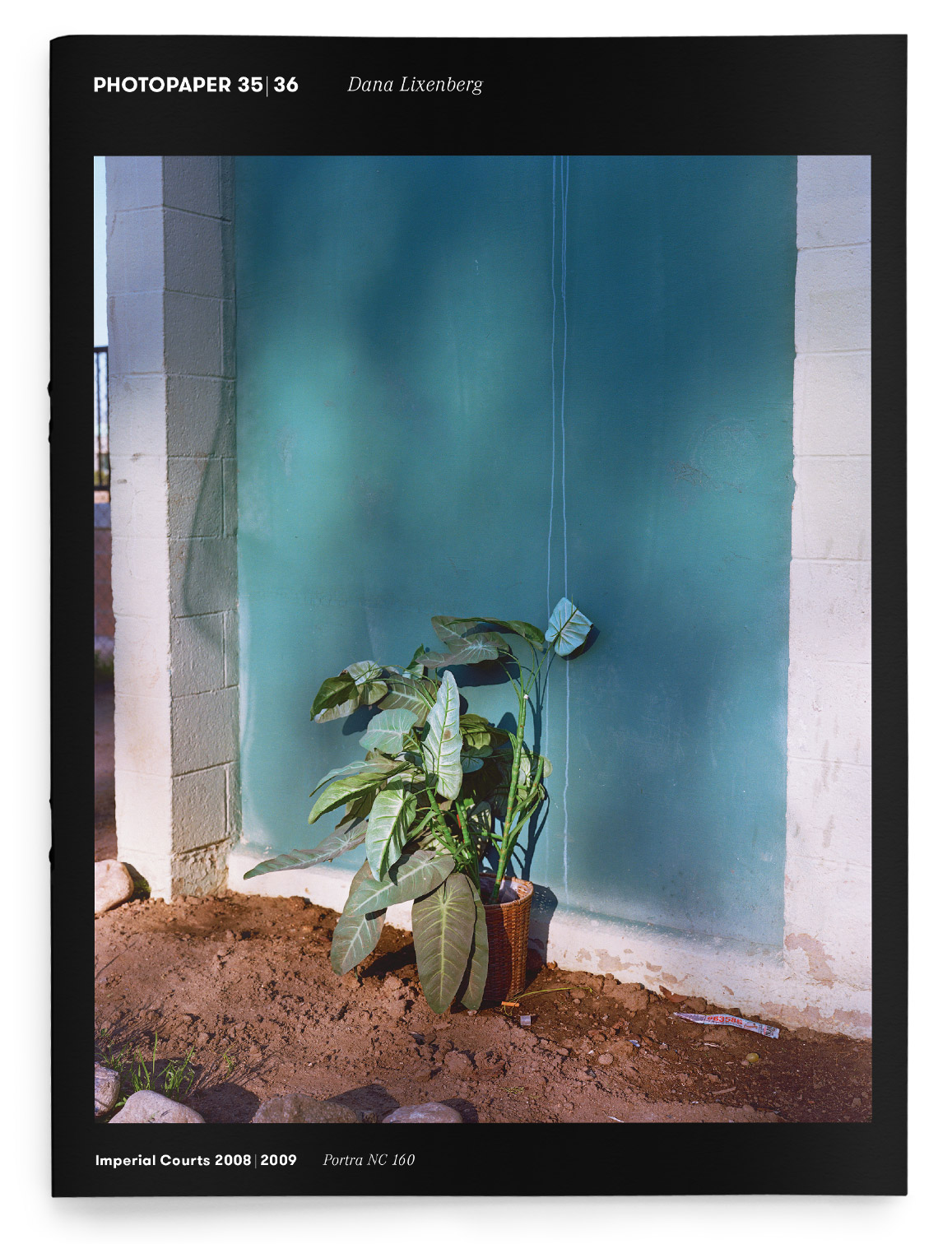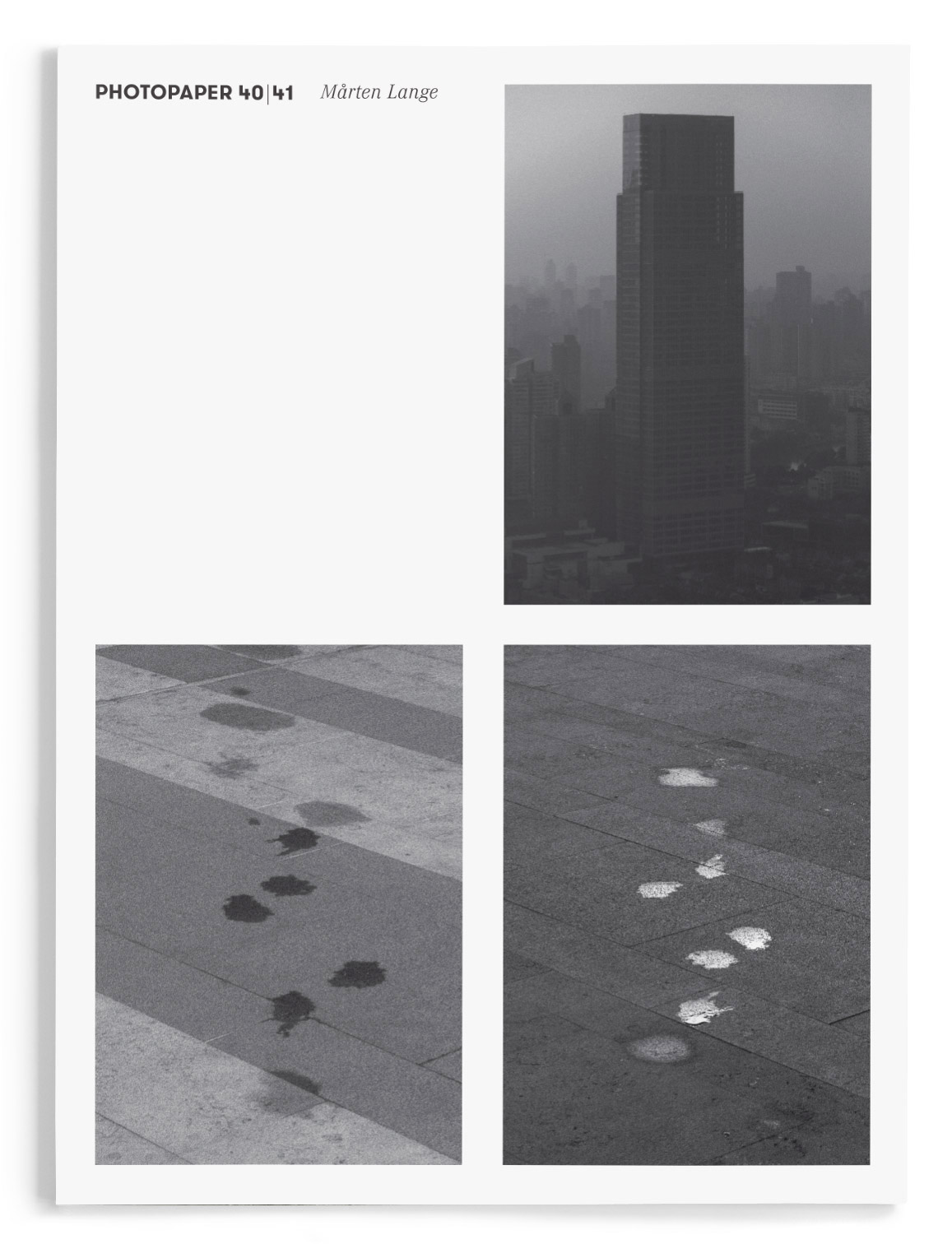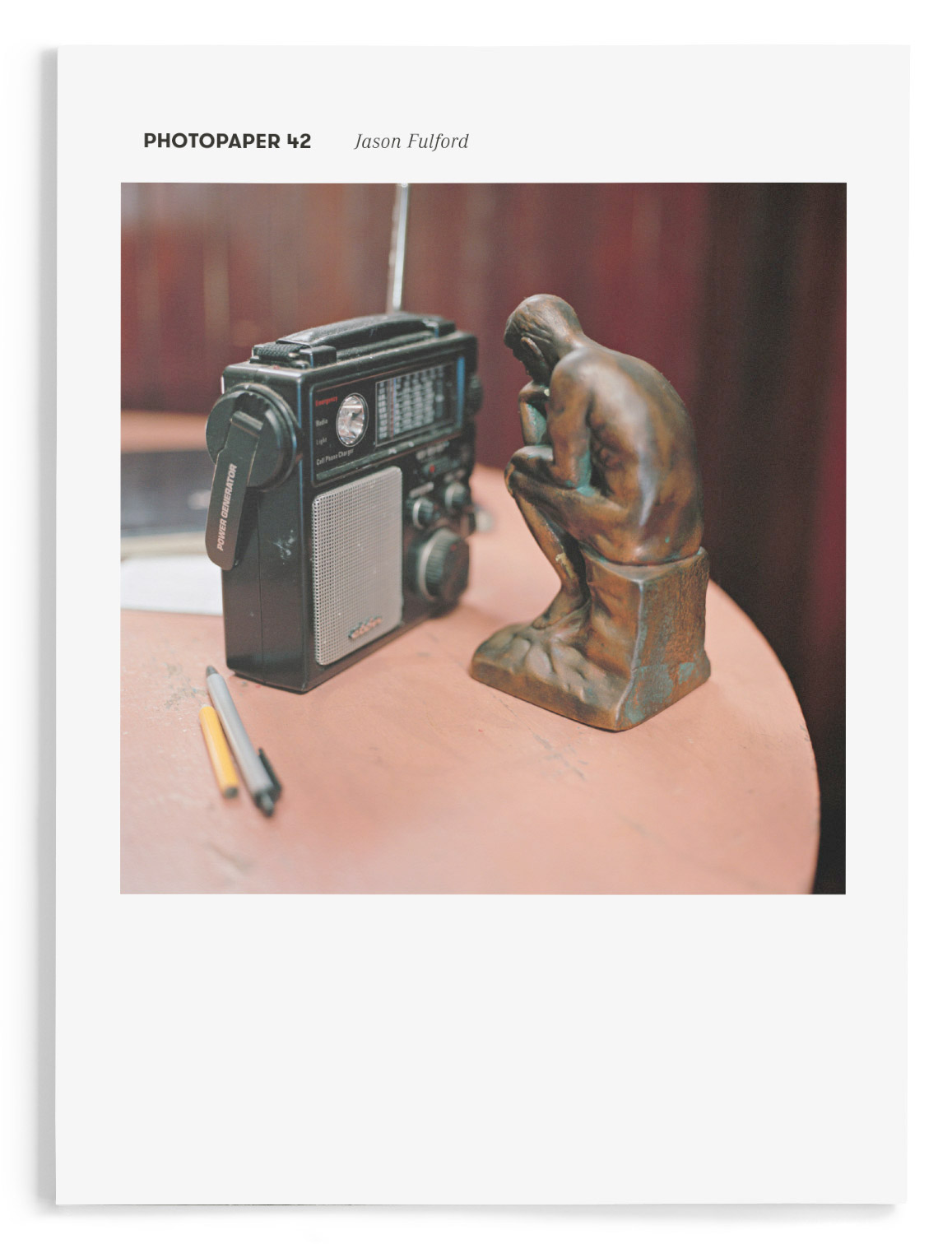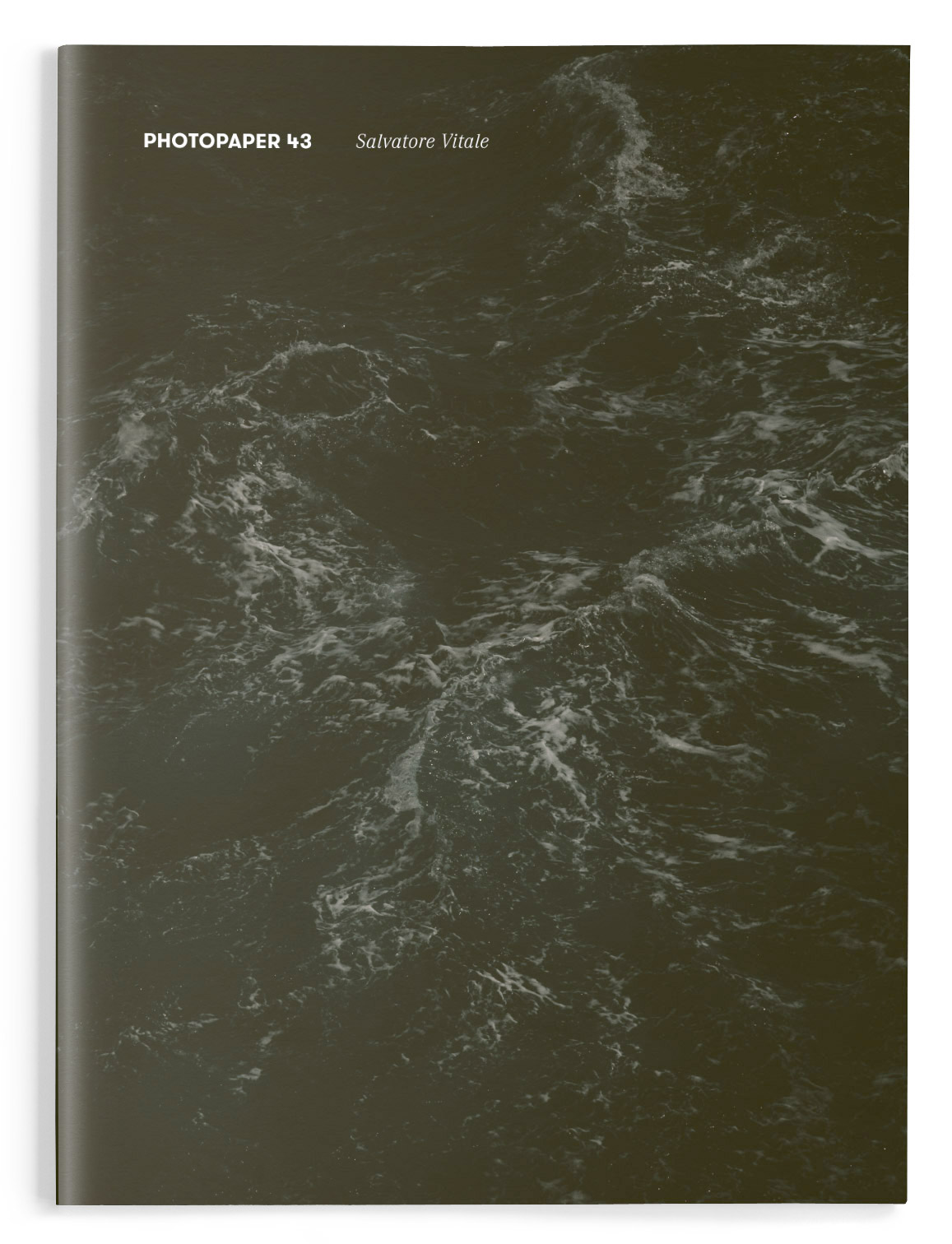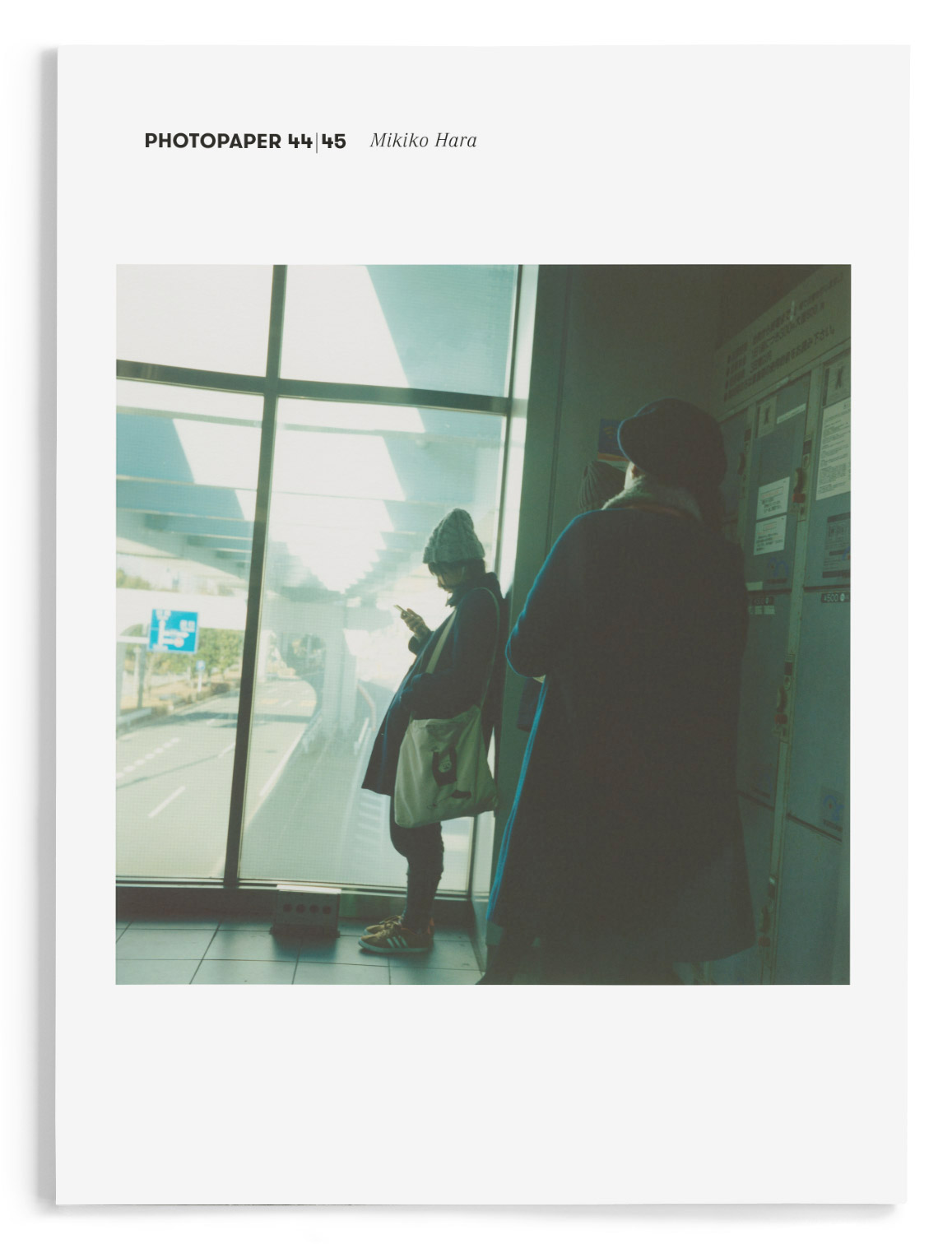Ken Schles
Silence will not protect me
Photopaper 55 / 56
SILENCE WILL NOT PROTECT ME
I was going to die, if not sooner then later, whether or not I had ever spoken myself. My silences had not protected me. Your silence
will not protect you. […] within the war we are all waging with the forces of death, subtle and otherwise, conscious or not. I am not
only a casualty, I am also a warrior. What are the words you do not yet have? What do you need to say? What are the tyrannies you
swallow day by day and attempt to make your own, until you will sicken and die of them, still in silence?
— Audre LORDE, 1977
I watched with great anxiety as Donald Trump assumed the mantle of the presidency. As a life-long New Yorker, I grew up with his baffoonish brand of narcissistic thuggery. His escapades were inescapable. This racist, this petty tyrant, this tin-pot dictator wanna be who destroyed all he touched, was freely given the reins of the most powerful democracy on the planet. I trembled. I feared the U.S. would be at war before Trump‘s first term was over. Little did I imagine the war he‘d wage would be on Americans and America itself. Discord in America predates the current occupant of the White House. Many of our problems are systemic, a legacy of unreckoned colonial practices dating back hundreds of years. We live on stolen lands. The foundational wealth of this country, built by exploiting slave labor and justified through racial animus, destroyed civilizations. By direct and indirect means millions were murdered. America has always been a story of structural inequalities fueled by disproportionate concentrations of wealth and power. There‘s been an American brand of fascism bobbing its head above democratic waters since this country‘s inception. It‘s imperative that it be dragged under once again. Trump embodies and projects the cruel and insensive tropes of those histories. His party may control several branches of government, but for now, they don‘t have the full cooperation or support of the American public. The promise of America, we were told, was that it could change: be reinvented better with each generation; that diversity was our strength and that life was filled with possibilities. But America hasn‘t felt that way for some time. Studies show that upward economic mobility has slowed to a trickle since the 1970s and most households are one paycheck away from financial ruin. Hostile policing and a punitive judicial system vilify and demoralize a people already trapped. And when hope and possibility are vanquished, when people feel their government is helpless in addressing their ills, it brings us, says historian Timothy Snyder, towards a politics of fascism. Our deep dysfunctions can longer be glossed over. Crushing debt; food insecurity; job loss; inadequate wages; unaffordable healthcare, the cost of housing and education — all contribute to our collective malaise. Trumpism, and now the SARS-CoV-2 virus has super-sized our pain. Since the promise of a ladder up towards a better and brighter future has vanished, America finds itself adrift, questioning its fundamental tenets. There needs to be a reckoning on a host of issues to move forward — on race, class, immigration, poverty, economic distribution, health, safety, climate, jobs and justice. That America is at war with itself is nothing new, only now the stakes are, frankly, everything. As linguist and political analyst Noam Chomsky talking about the next U.S. election said, “We have to make decisions now which will literally determine whether organized human life can survive in any decent form. […] There’s nothing like this in all of human history. There have been plenty of monsters in the past, plenty of them. But you can’t find one who was dedicated, with passion, to destroying the prospects for organized human life.” In 1857, the celebrated man of letters and emancipated slave, Frederick Douglass, delivered a speech in upstate New York that foreshadowed the American Civil War. His words are relevant still.
If there is no struggle there is no progress. Those who profess to favor freedom and yet deprecate agitation are men who want crops without plowing up the ground; they want rain without thunder and lightning. They want the ocean without the awful roar of its many waters. This struggle may be a moral one, or it may be a physical one, and it may be both moral and physical, but it must be a struggle. Power concedes nothing without a demand. It never did and it never will. Find out just what any people will quietly submit to and you have found out the exact measure of injustice and wrong which will be imposed upon them, and these will continue till they are resisted with either words or blows, or with both. The limits of tyrants are prescribed by the endurance of those whom they oppress.
— Frederick DOUGLASS, 1857
The Administration in Washington has weaponized our divisions. Faced with threat multiplying crises simultaneously, Trump offers not much more than contempt and self aggrandizement while running his criminal enterprise from the Oval Office. Hundreds of thousands have died unnecessarily in this country, millions sickened. Fires burn from the Arctic to the equator. Some believe the system is working as intended. If true, the system was made to inflict unacceptable levels pain and suffering. A government that refuses to protect its own people is illegitimate. A government using chemical weapons banned in war against its own people peacefully protesting the horror of a system that summarily executes citizens on the street or in their bedrooms is illegitimate. Silence will not protect you. These last years I‘ve been in the streets and in the halls of power advocating for change, fighting to protect what is right and, what I believe, is good. I choose life, I choose to speak, even though I know I‘m going to die. John Lewis, the venerated American civil rights activist and legislator who recently passed, tweeted, “Do not get lost in a sea of despair. Be hopeful, be optimistic. Our struggle is not the struggle of a day, a week, a month, or a year, it is the struggle of a lifetime. Never, ever be afraid to make some noise and get in good trouble, necessary trouble.” Well, I‘ve been getting into good trouble these last few years. I‘ve been arrested nearly a dozen times for non-violent acts of civil disobedience. What follows is some of what I‘ve witnessed along the way. And you know what? I believe that we will win.
— Ken SCHLES, August 2020
Ken Schles is a photographer, writer, and activist and the author of Invisible City (1988, Twelvetrees Press, reprinted by Steidl in 2014 and 2015), The Geometry of Innocence (2001, Hatje Cantz), A New History of Photography: The World Outside and the Pictures In Our Heads (2008, White Press), Oculus (2012, Noorderlicht) and Night Walk (2014 and reprinted 2015 by Steidl). A New York Foundation for the Arts Fellow, Ken Schles has organized and mounted over 18 solo exhibitions and appeared in over three dozen group shows in over a dozen countries. His work is included in nearly two-dozen museum collections throughout the world including The Museum of Modern Art and The Metropolitan Museum of Art in New York and The Rijksmuseum in The Netherlands.
Photopaper executive editor Dieter Neubert choosed Ken Schles’s work for this special edition of Photopaper. It has 32 pages. Images above showing selected pages.



